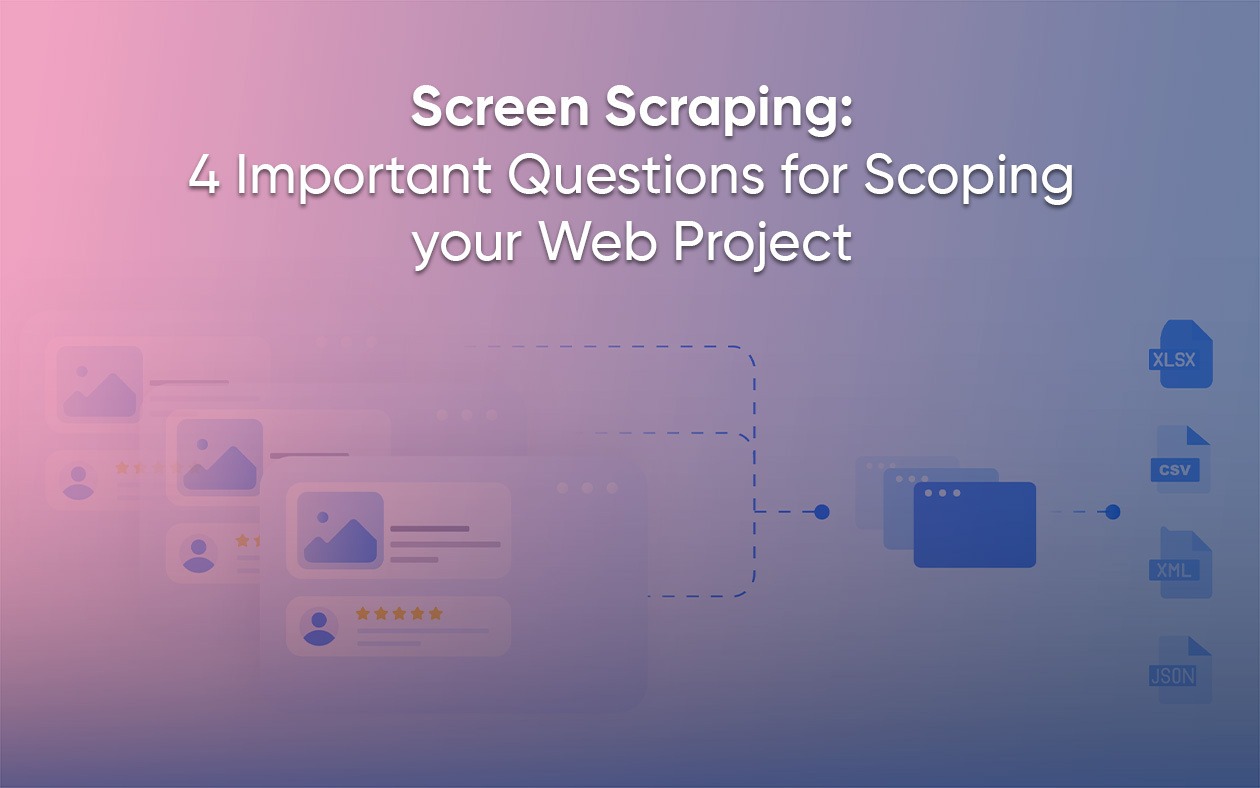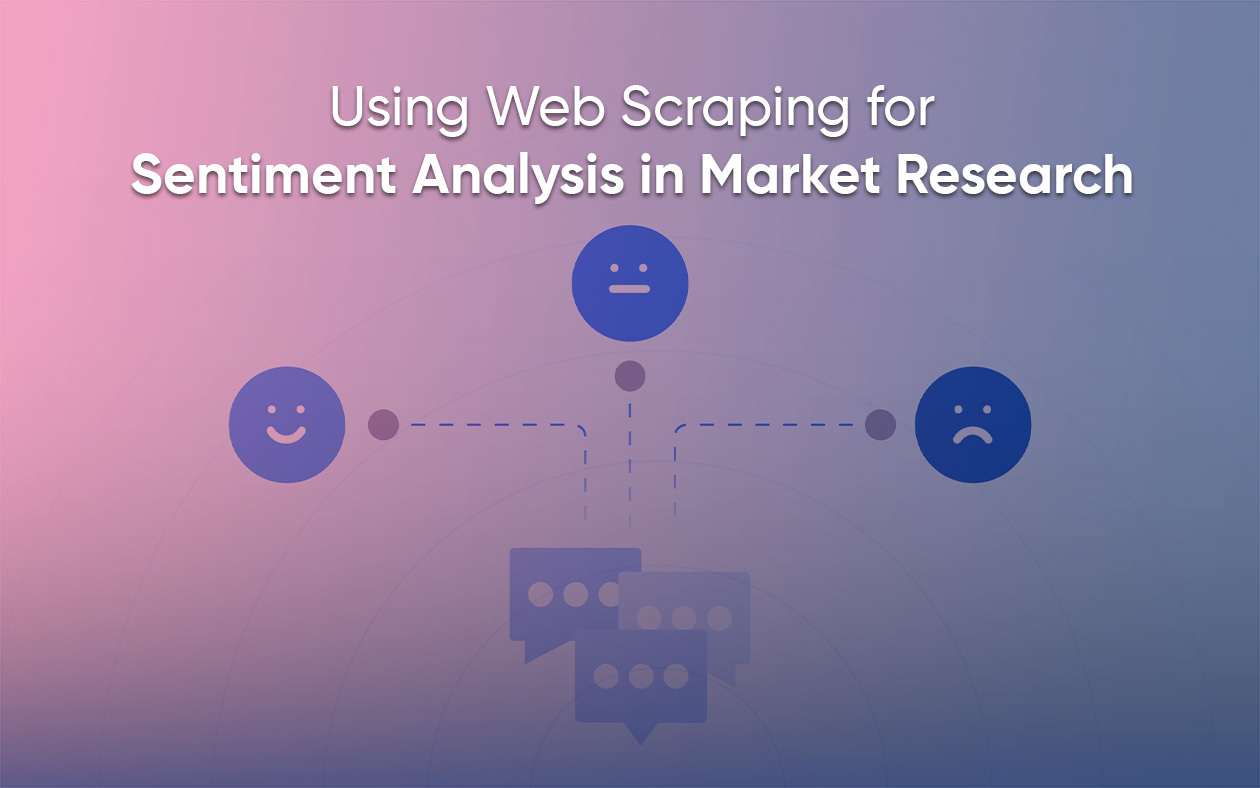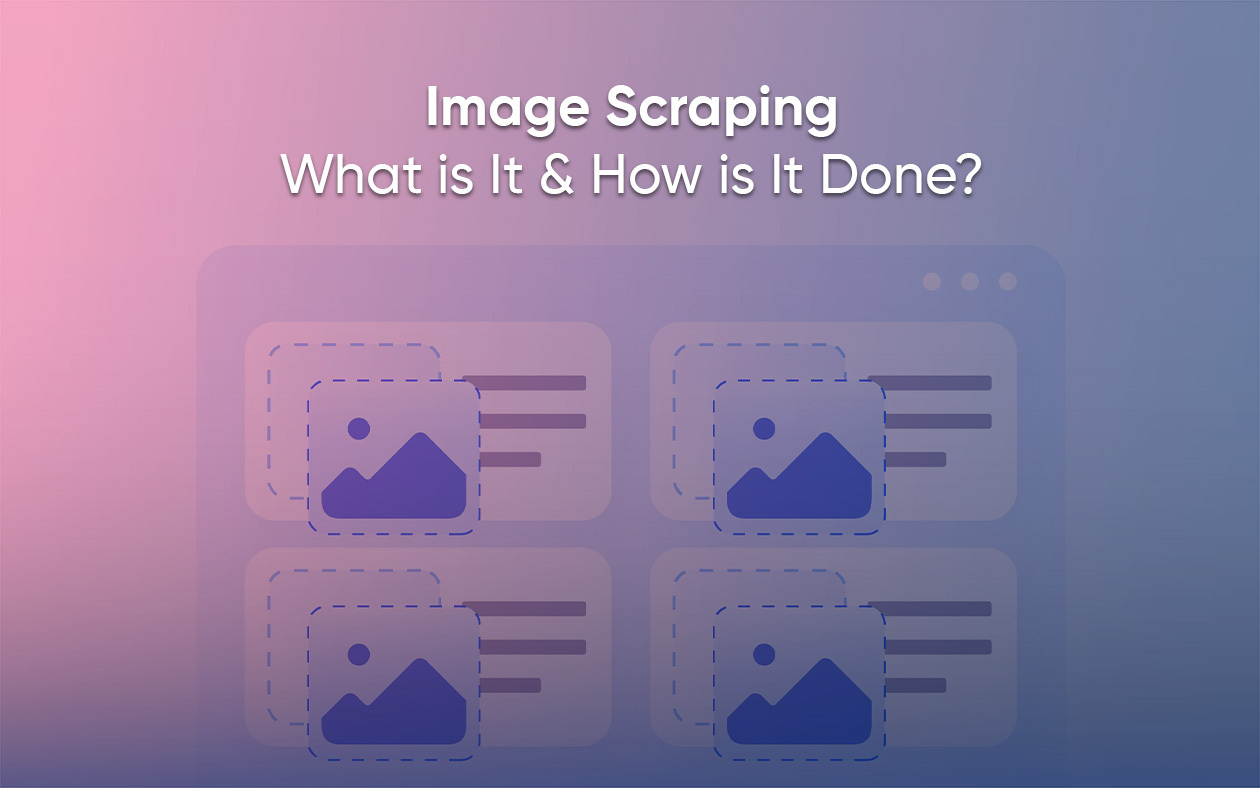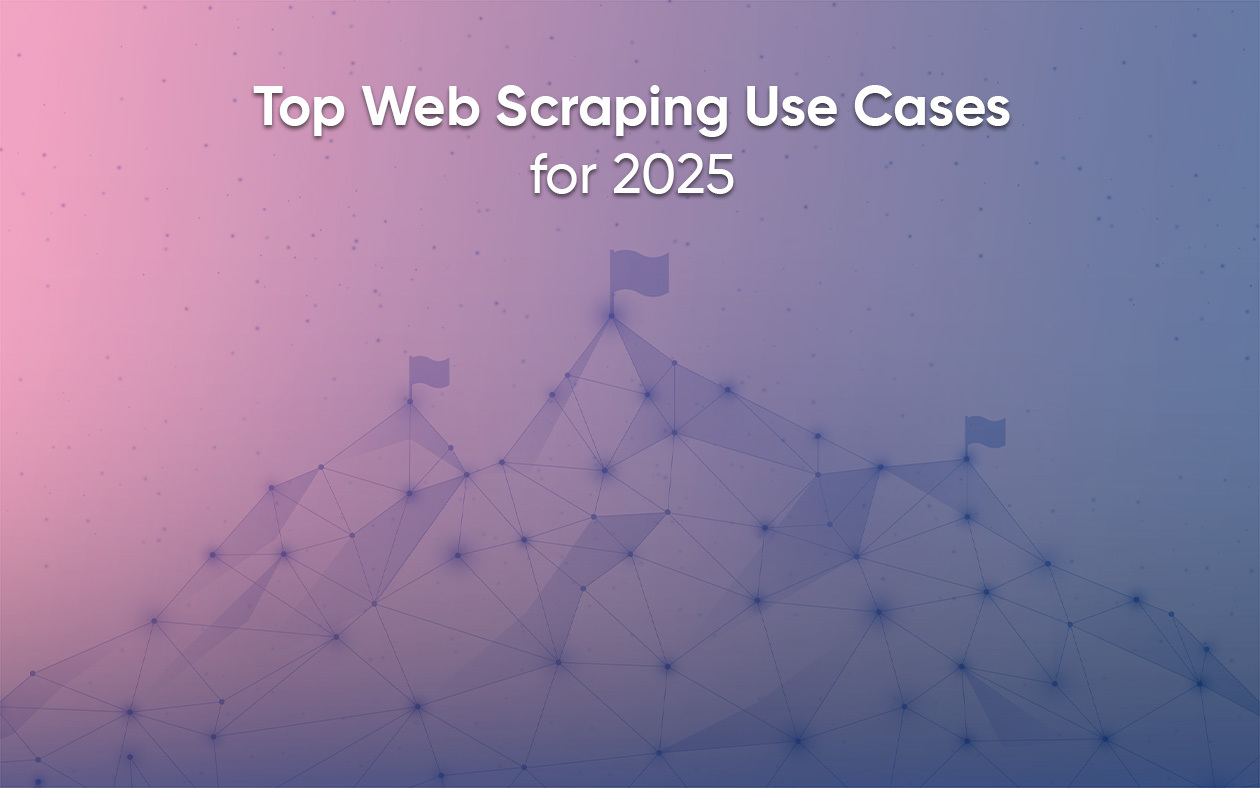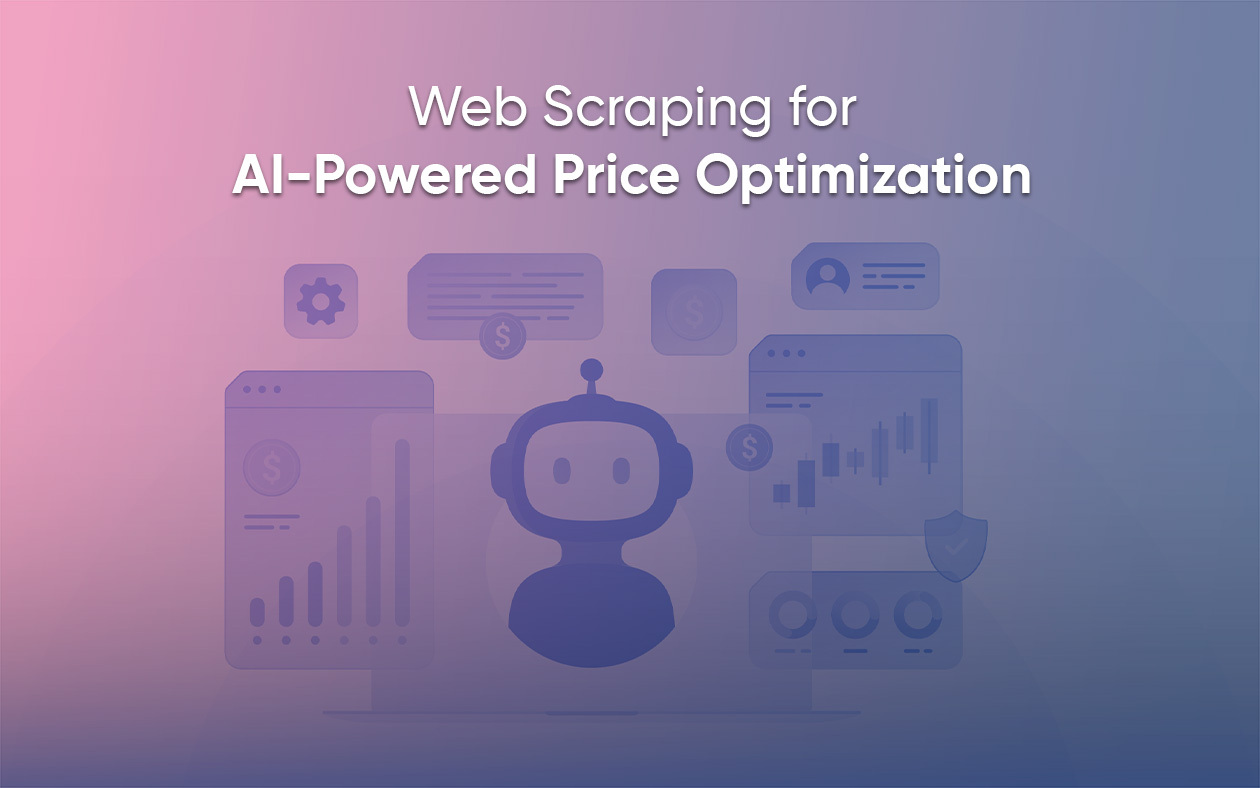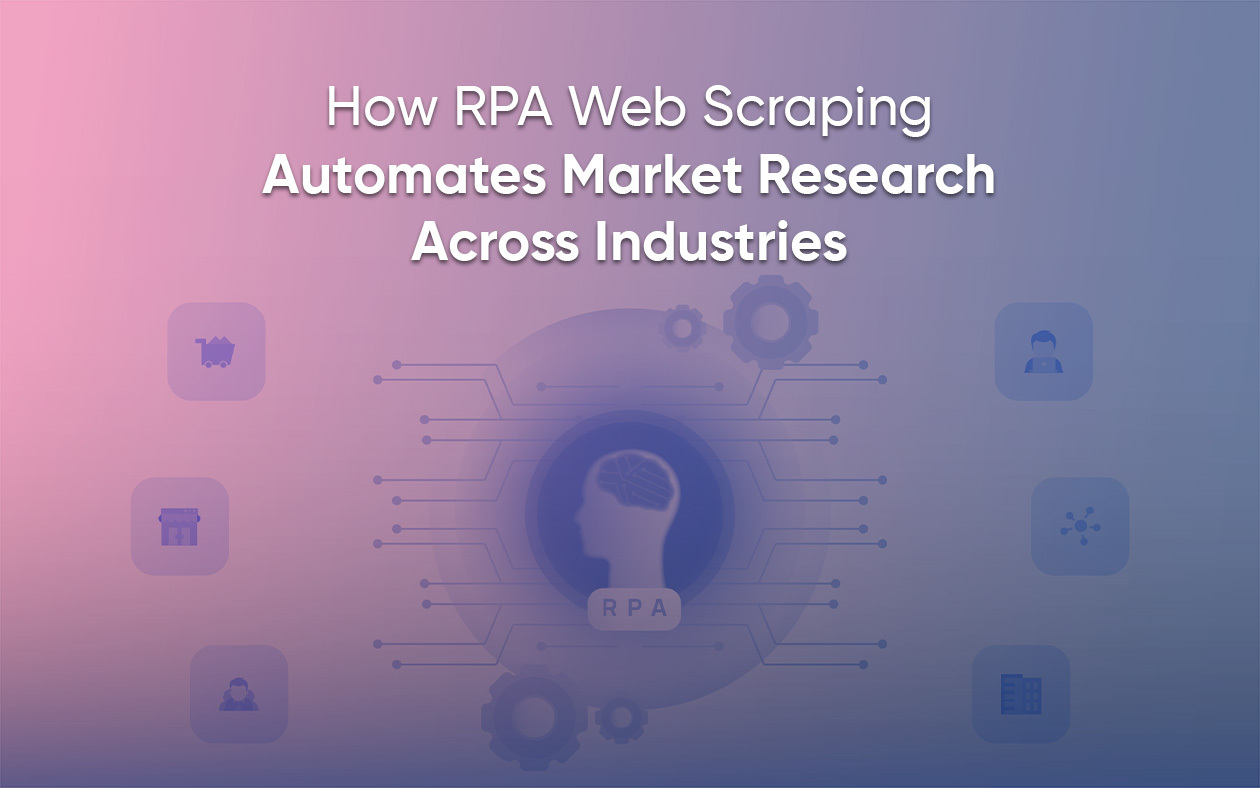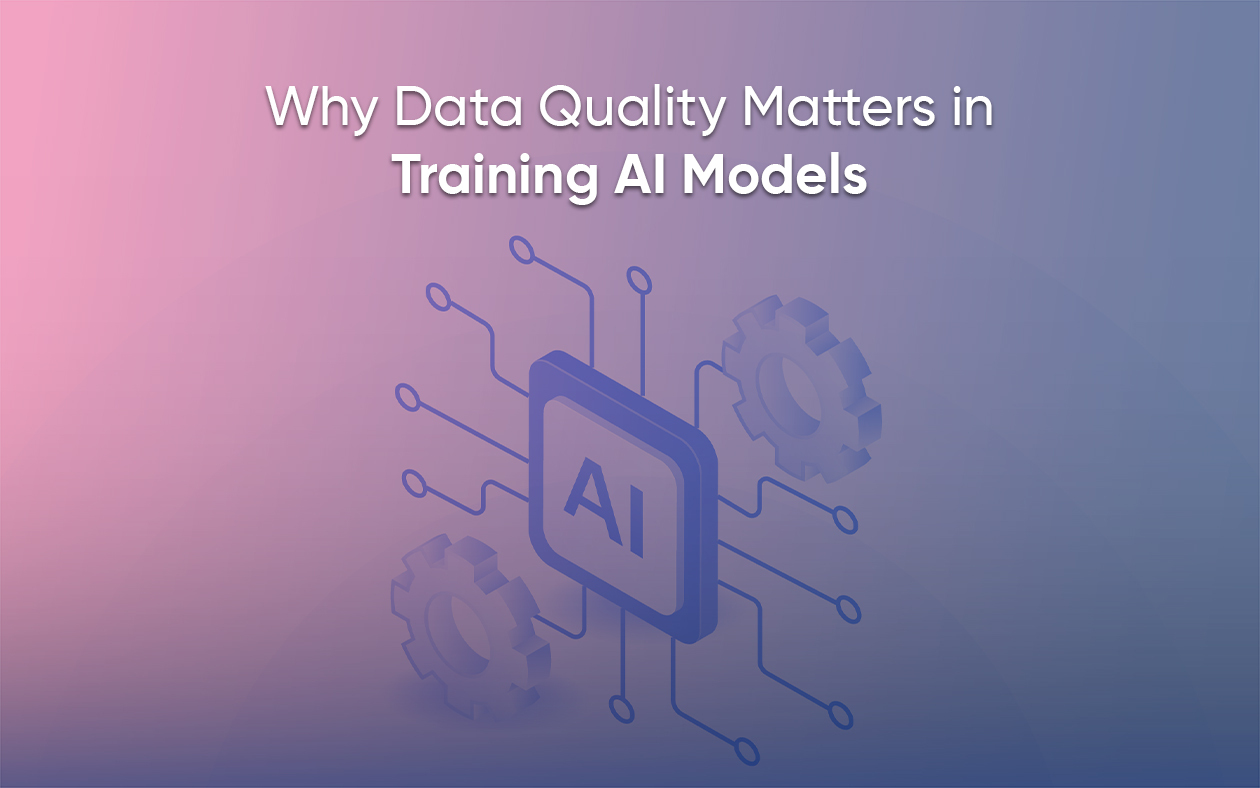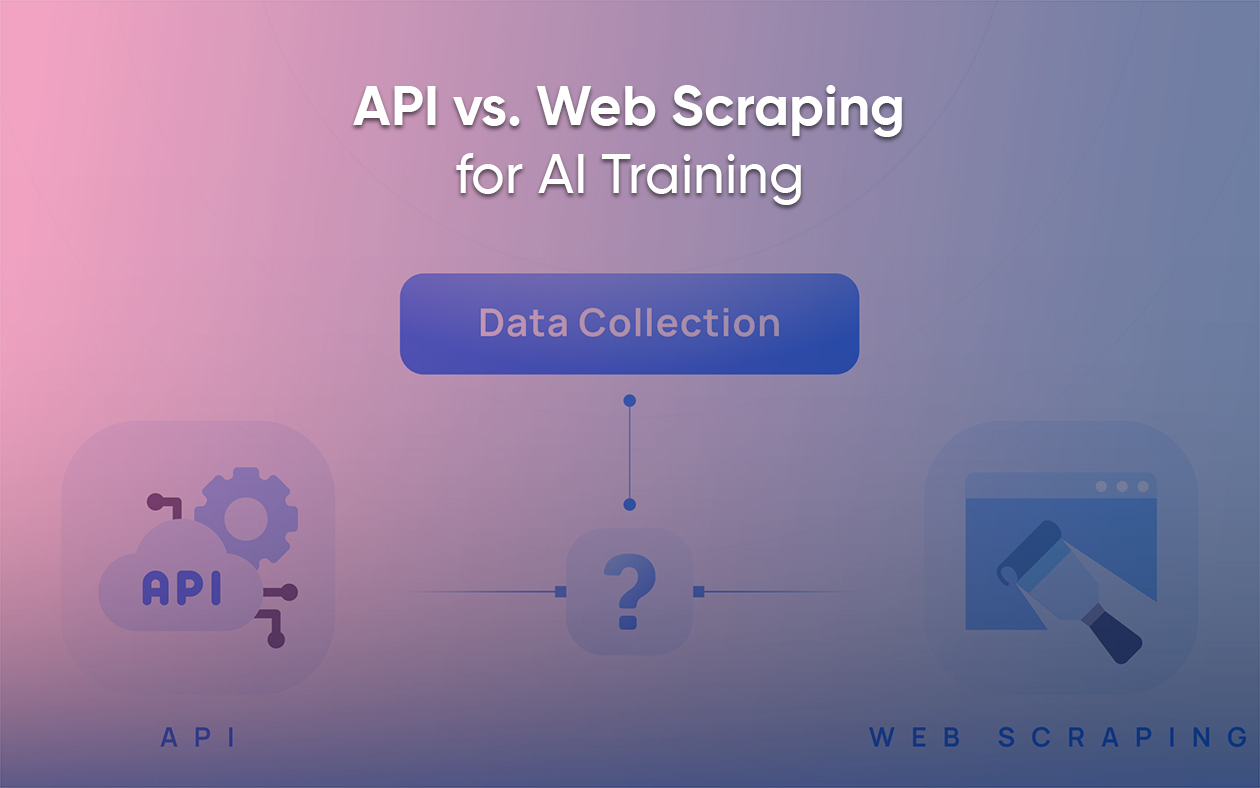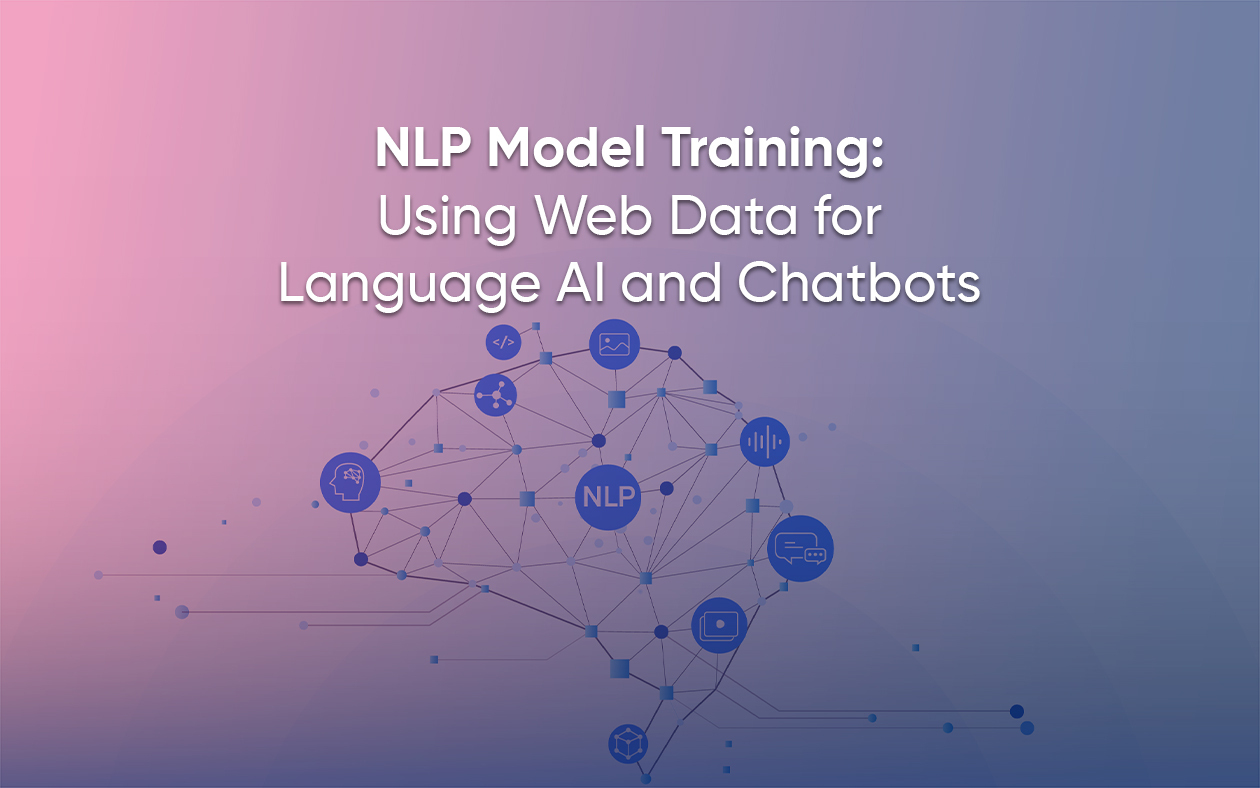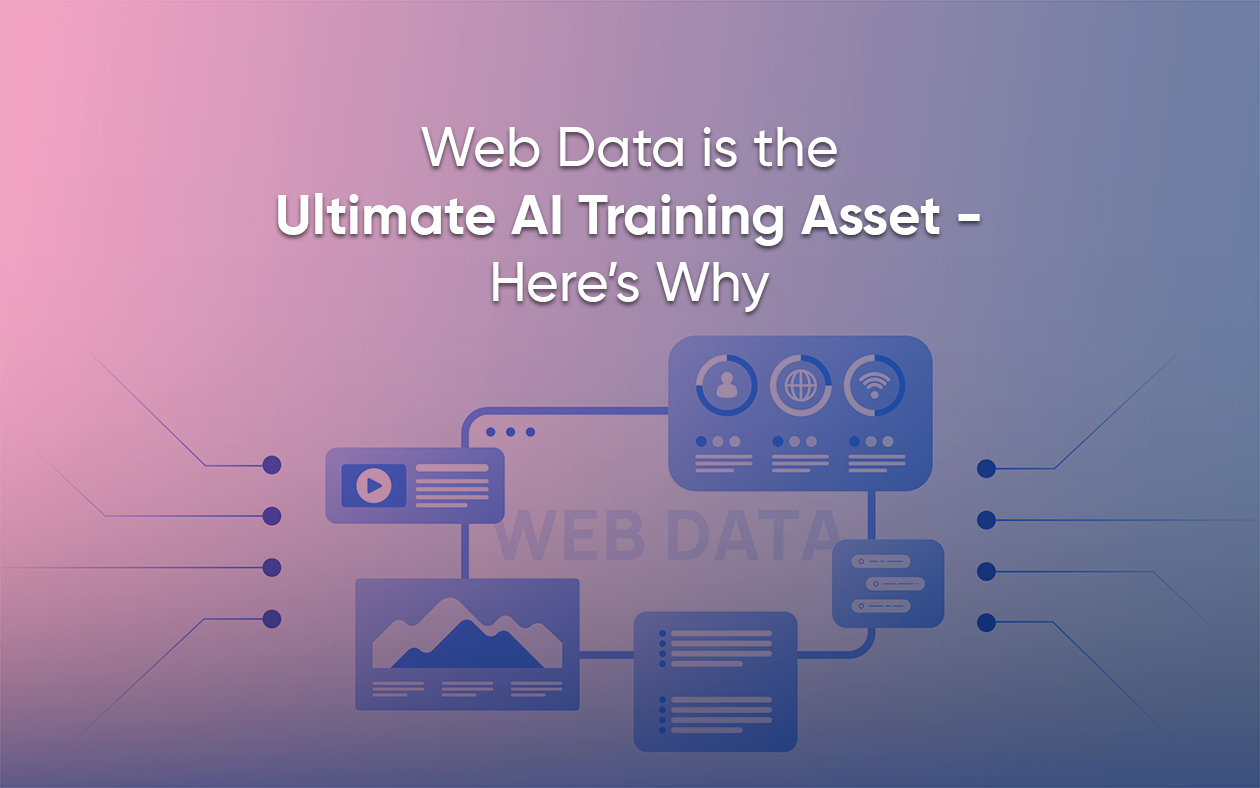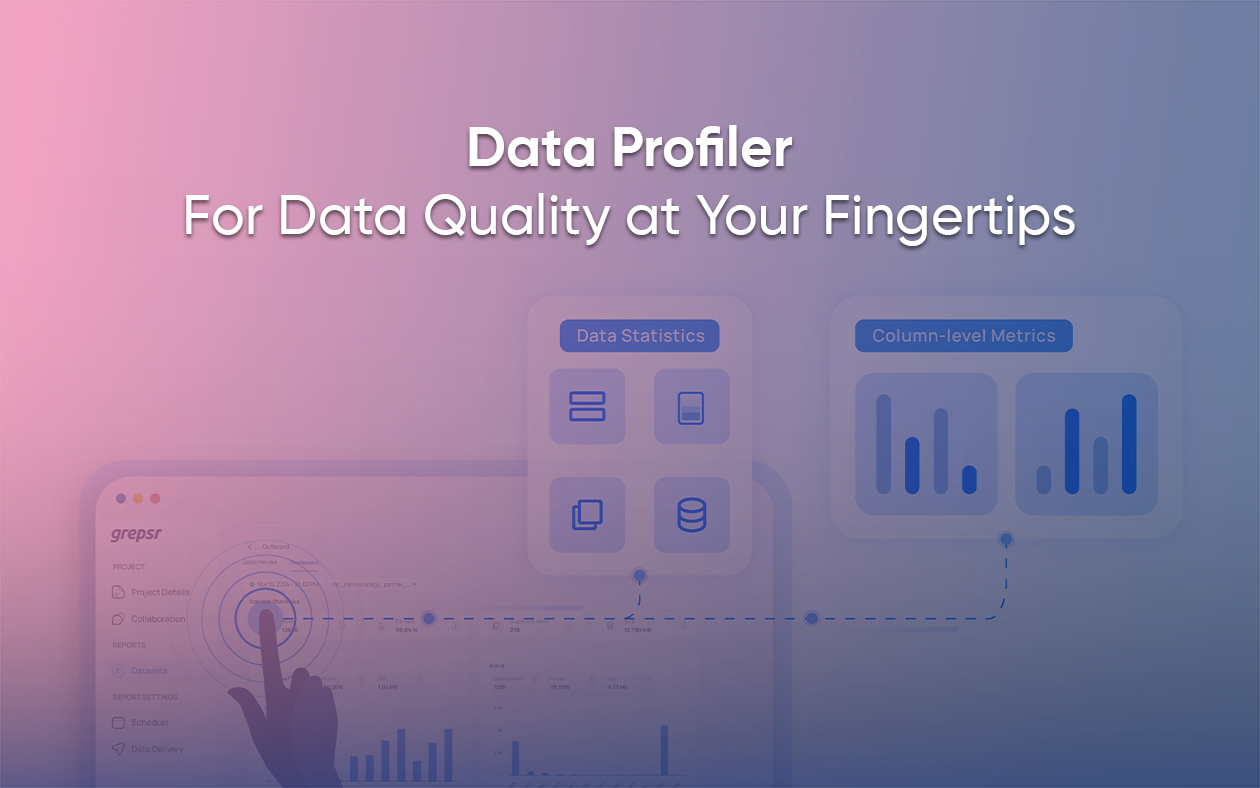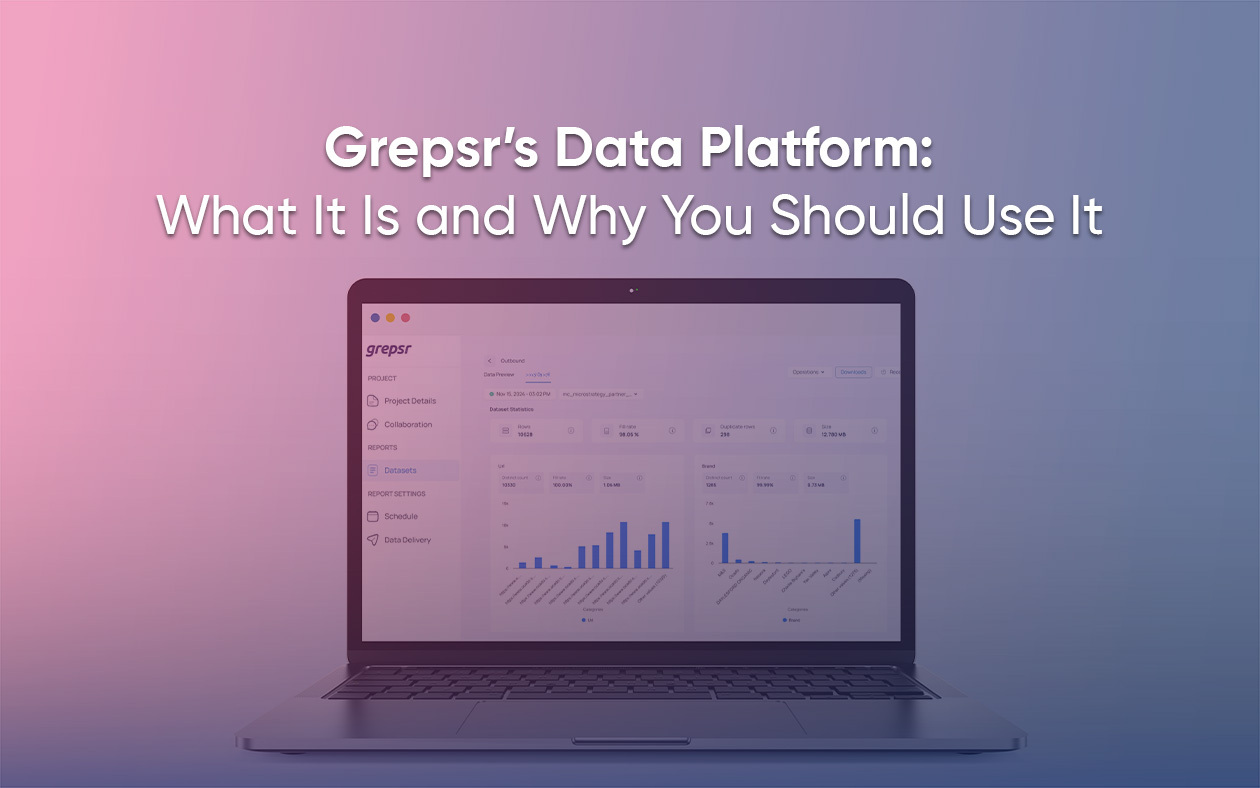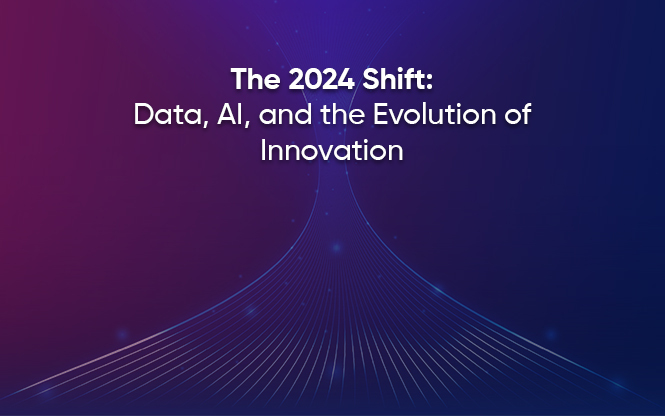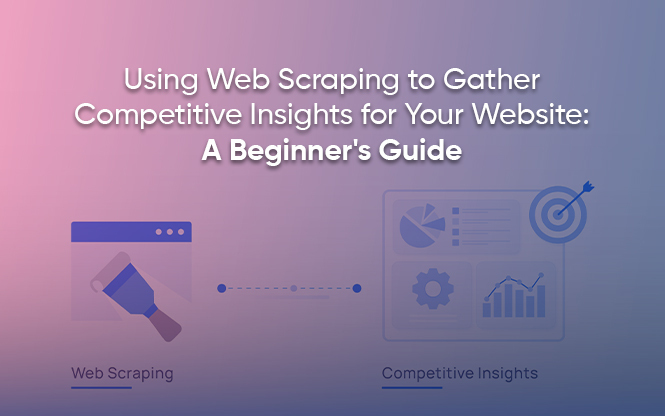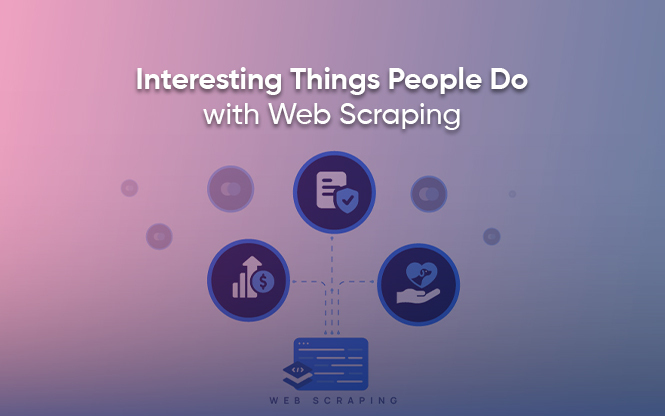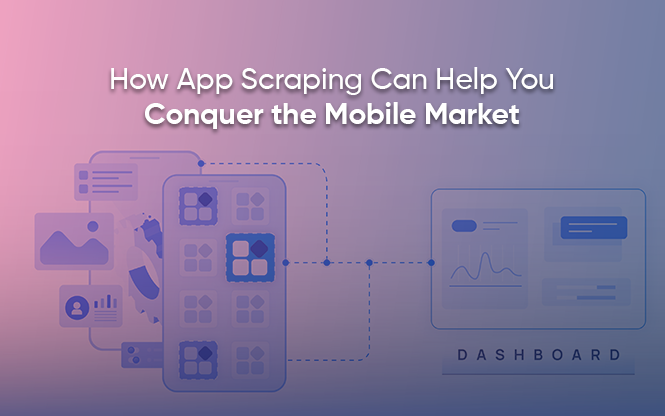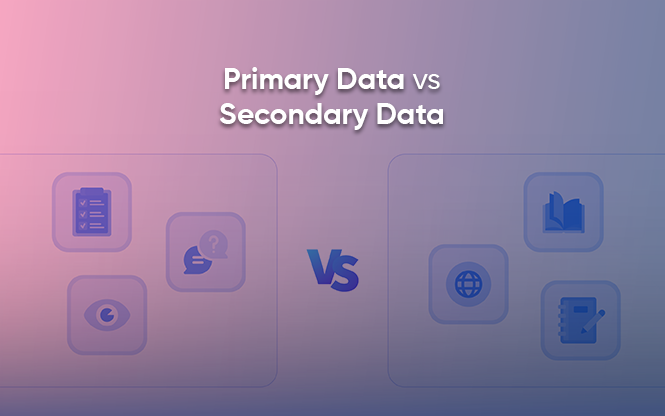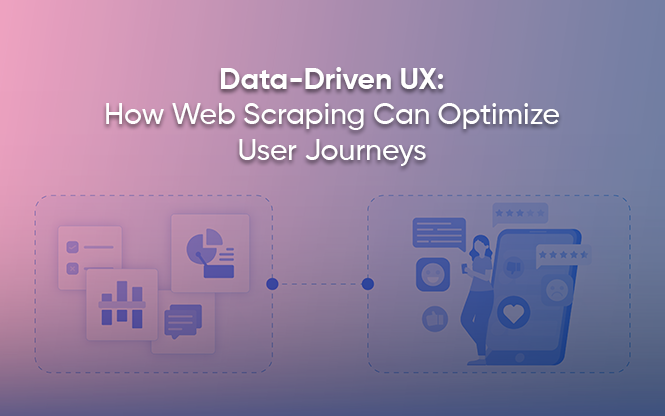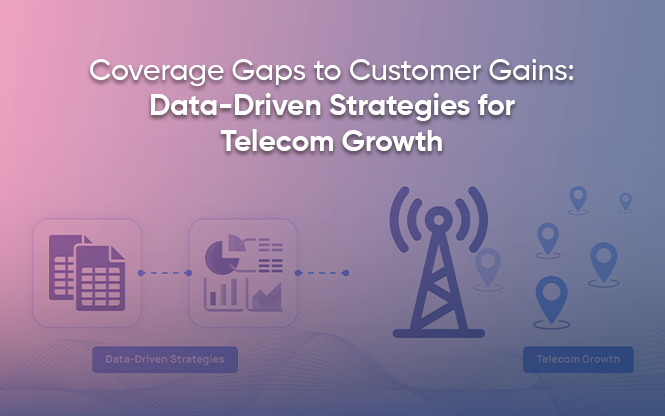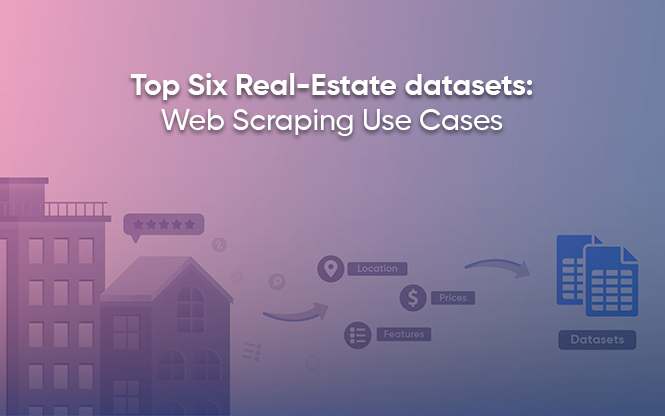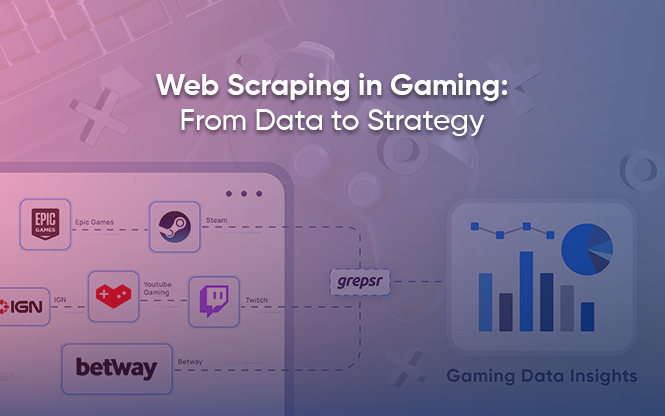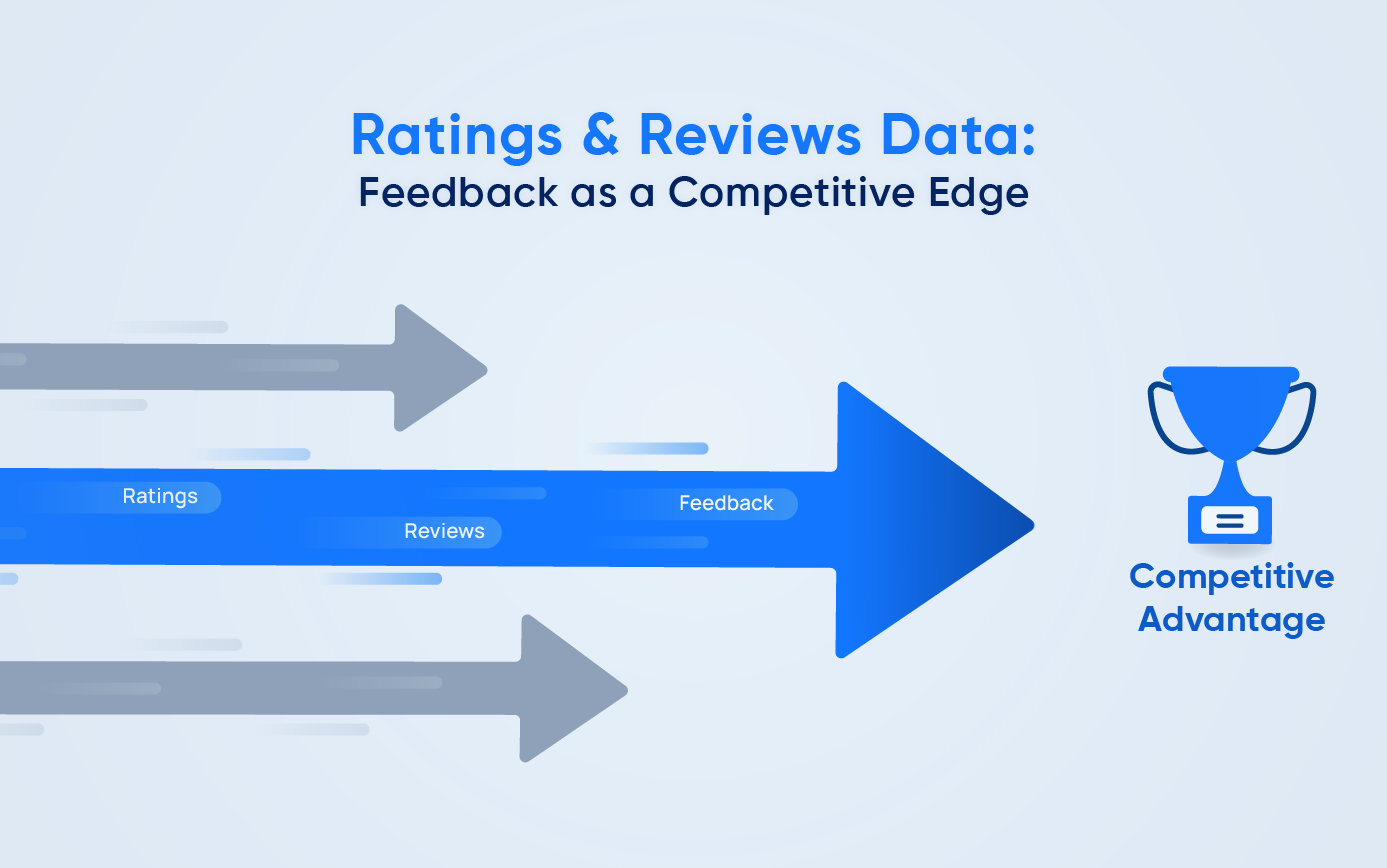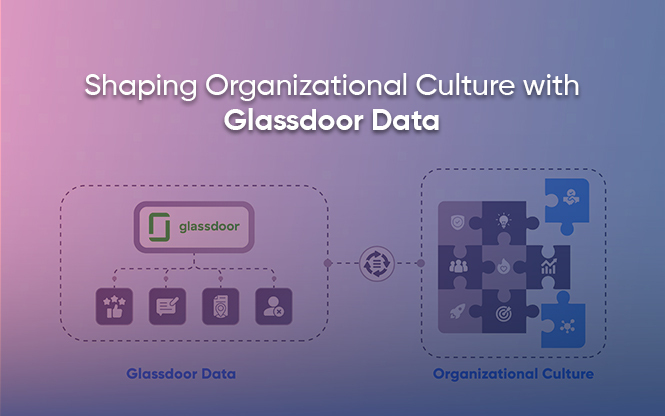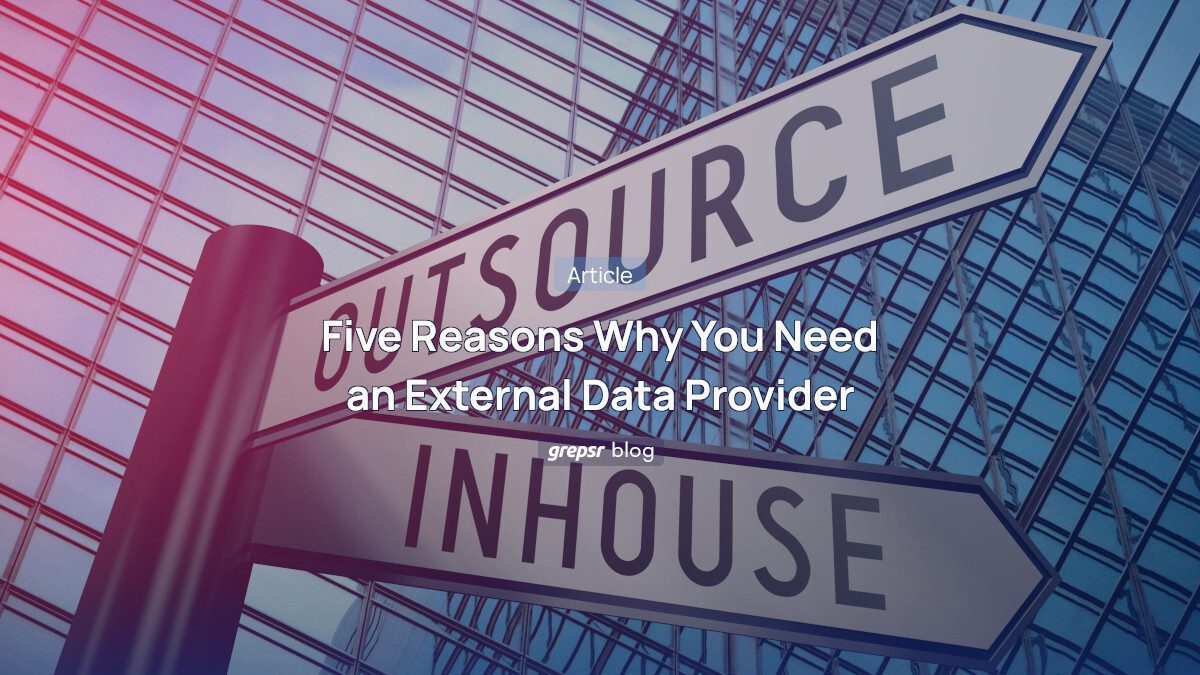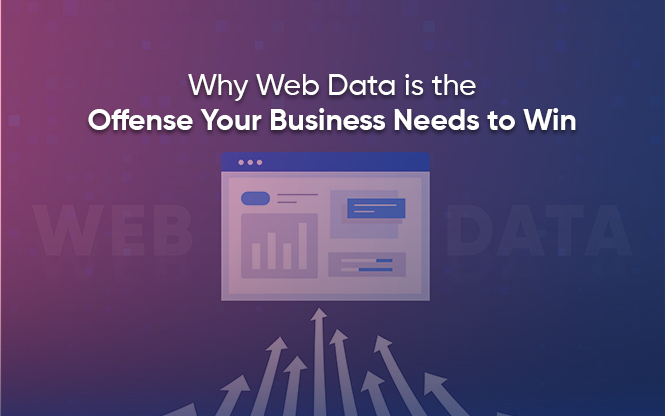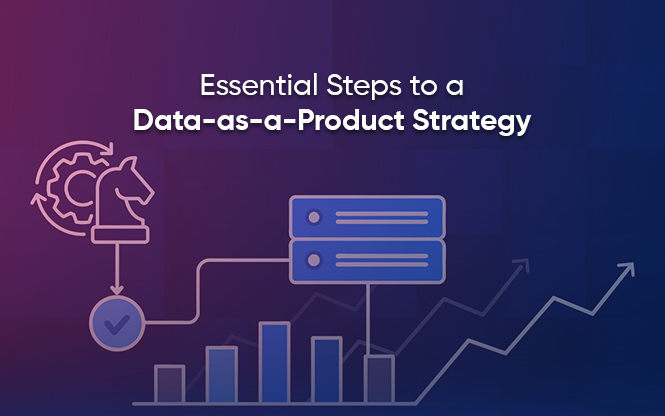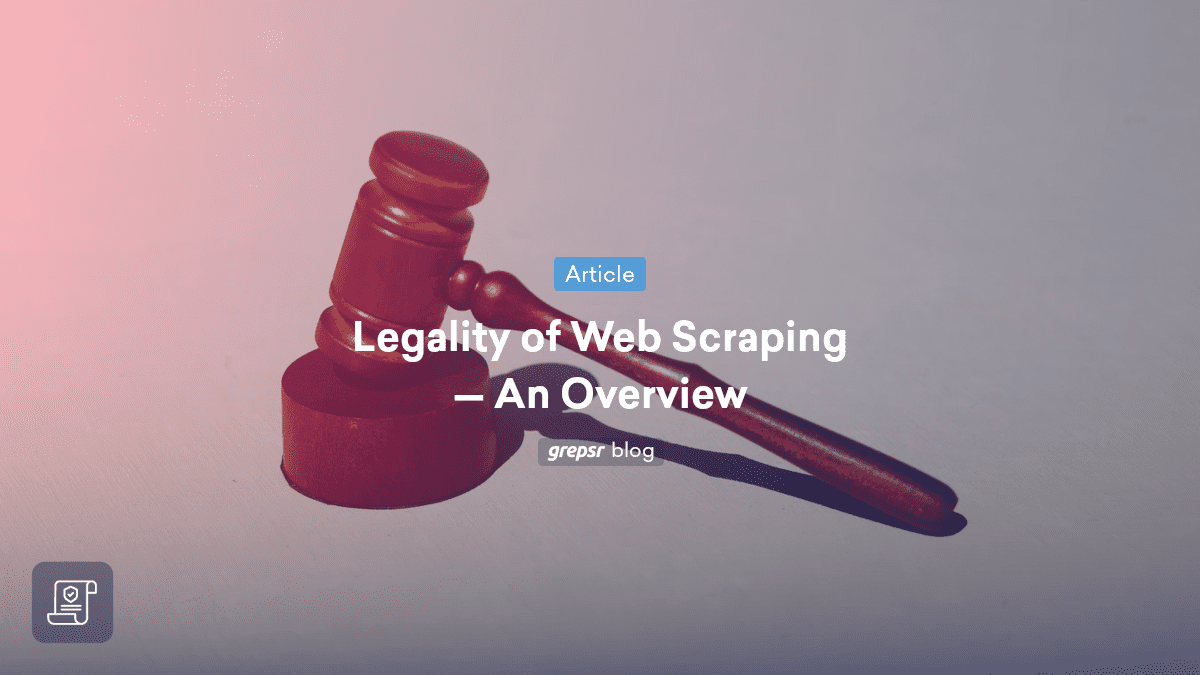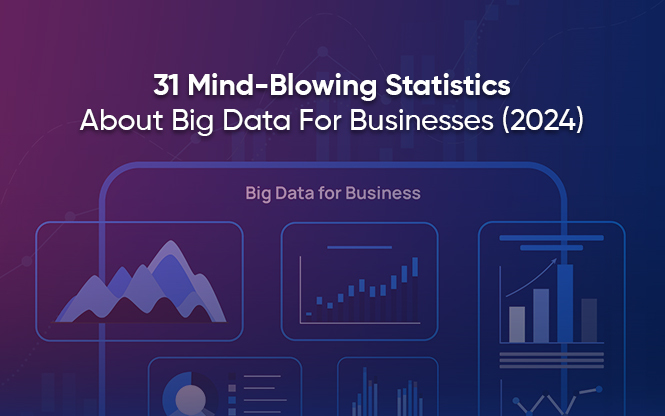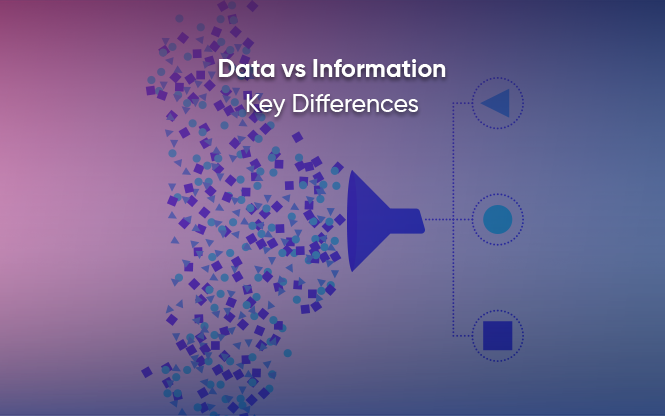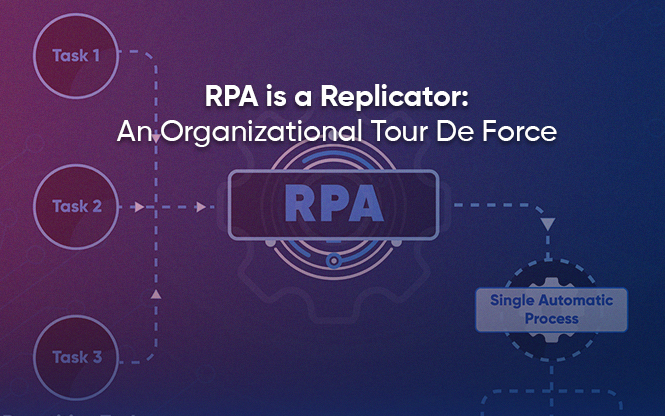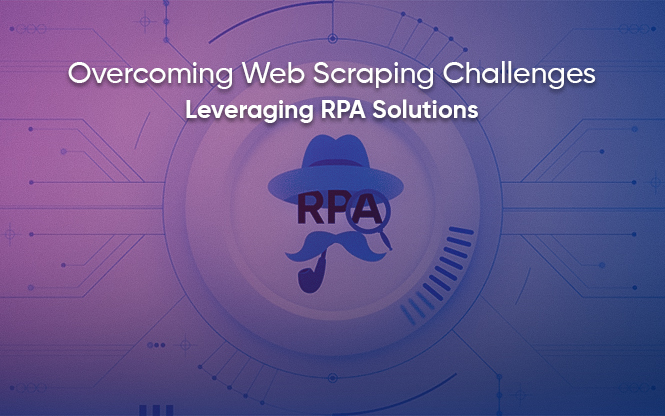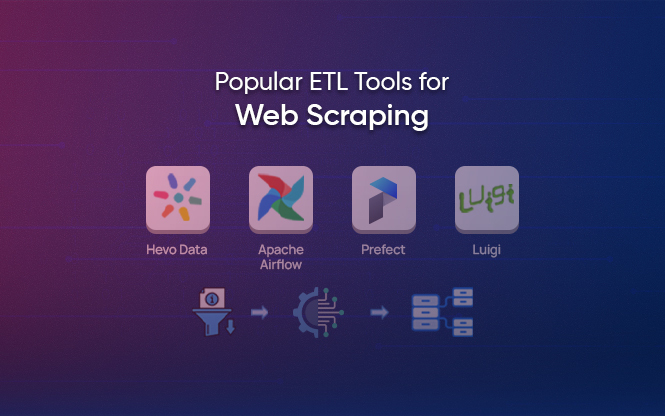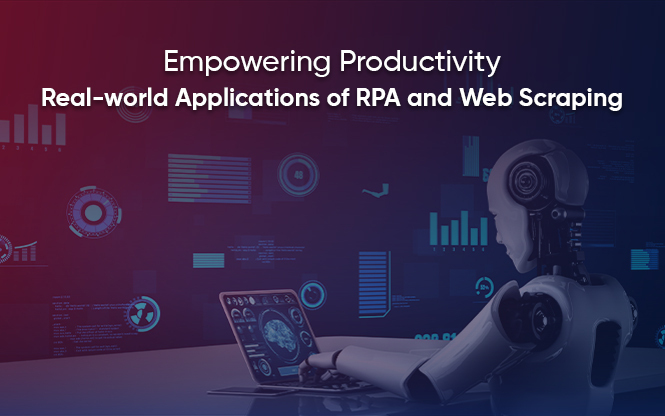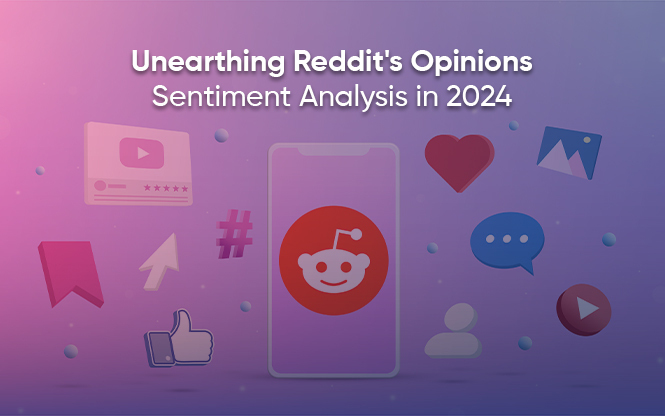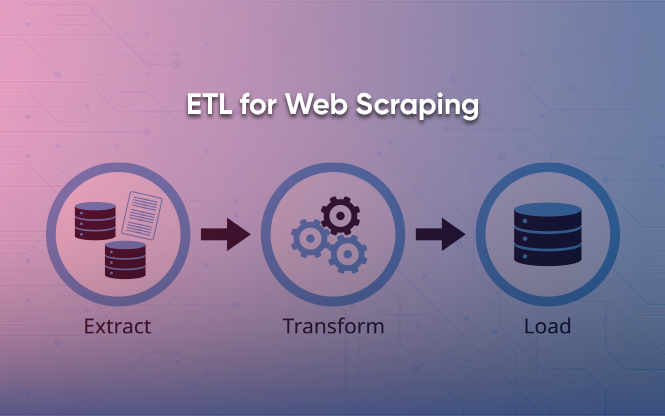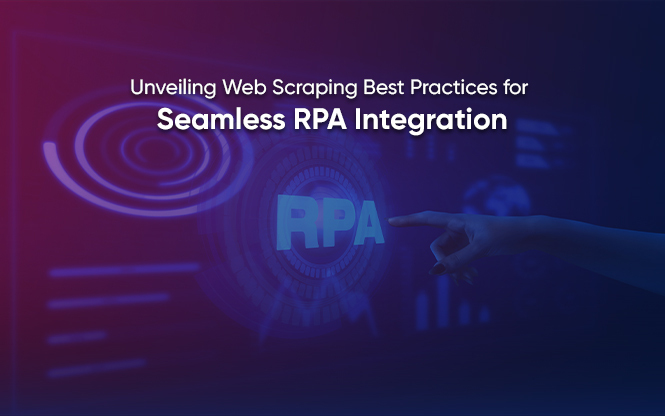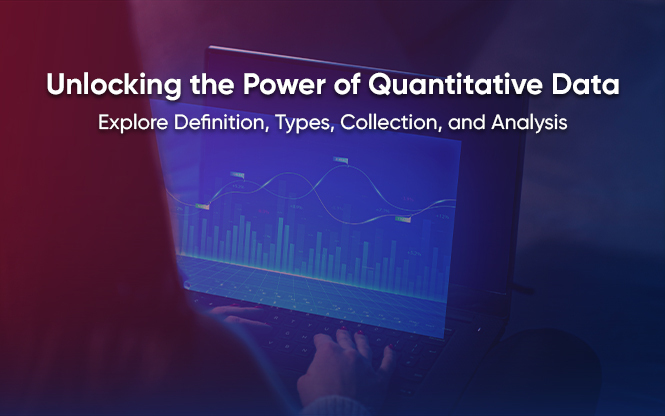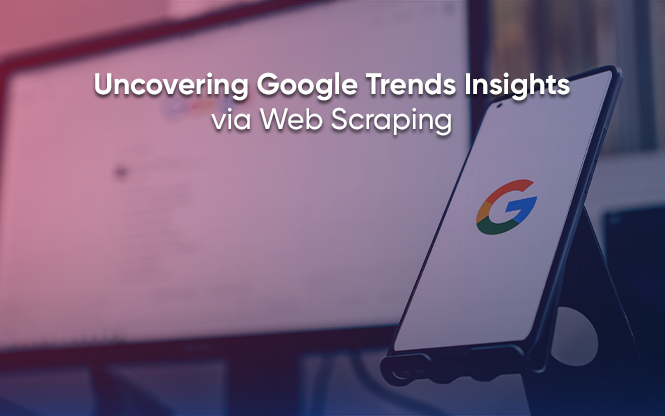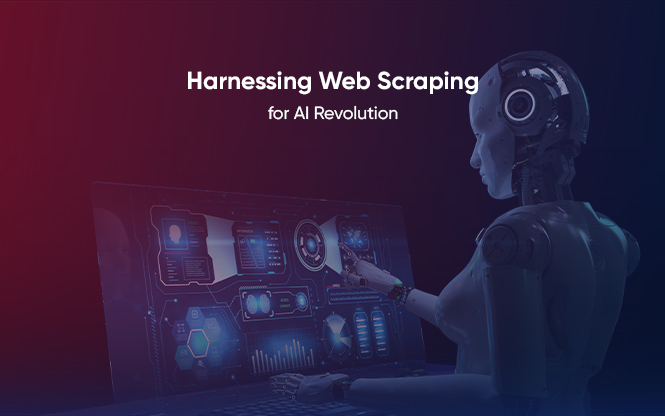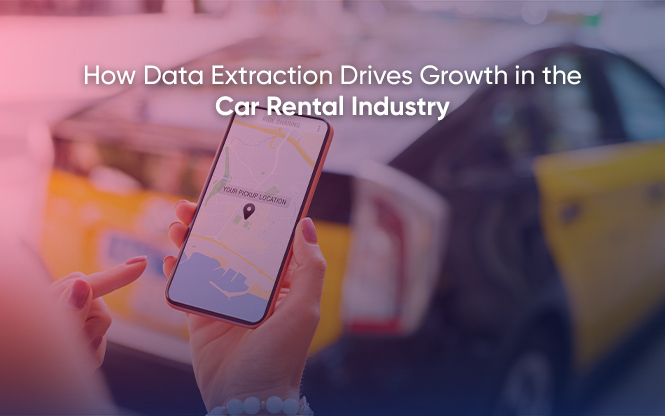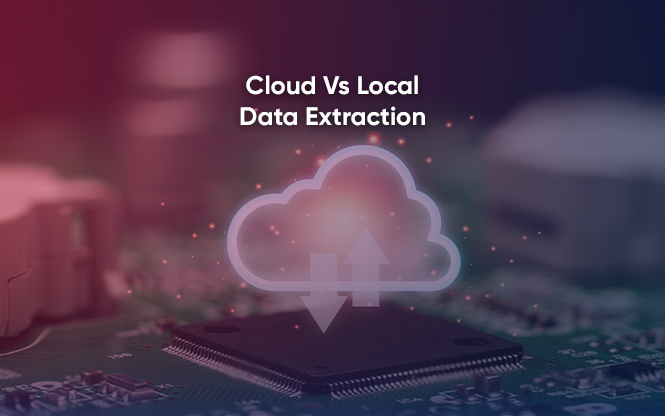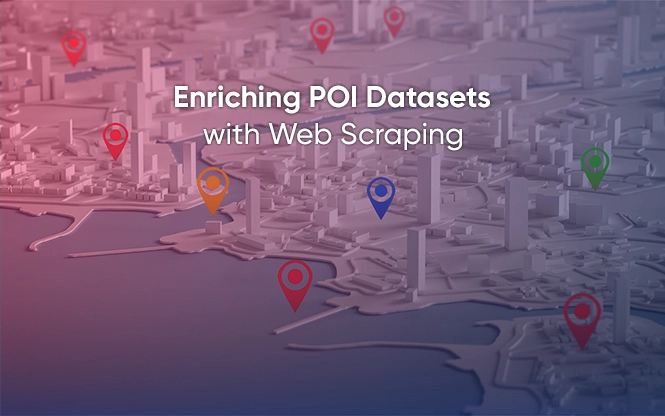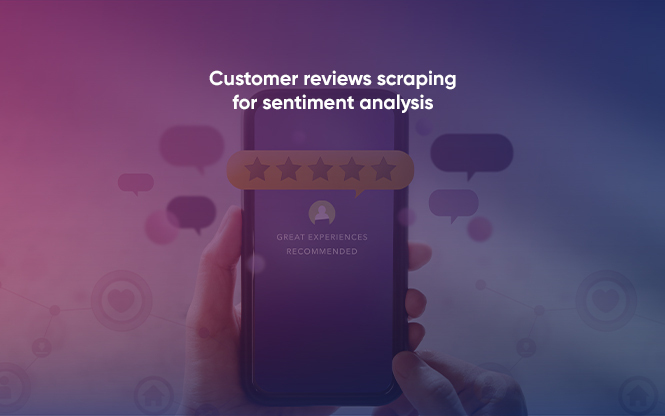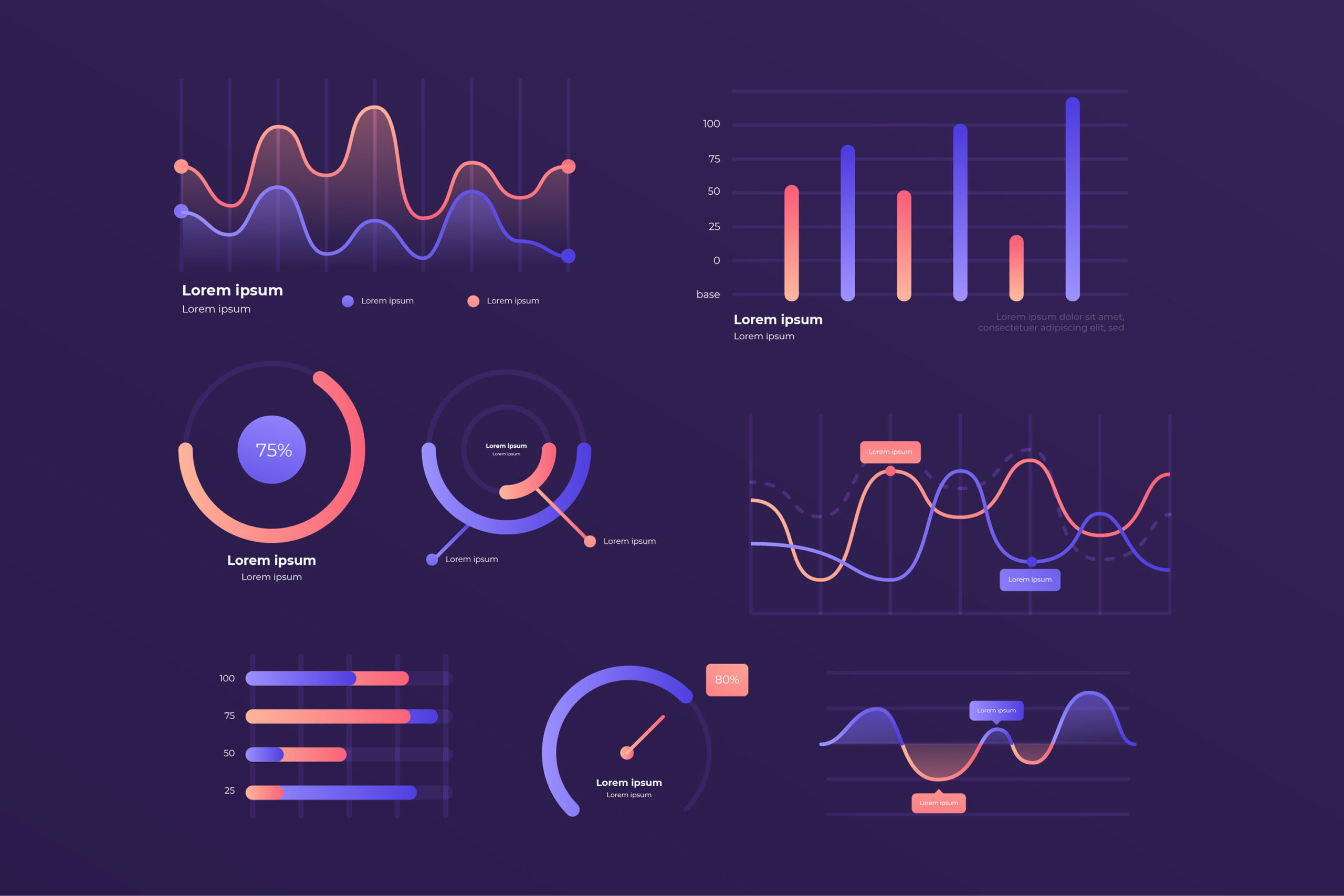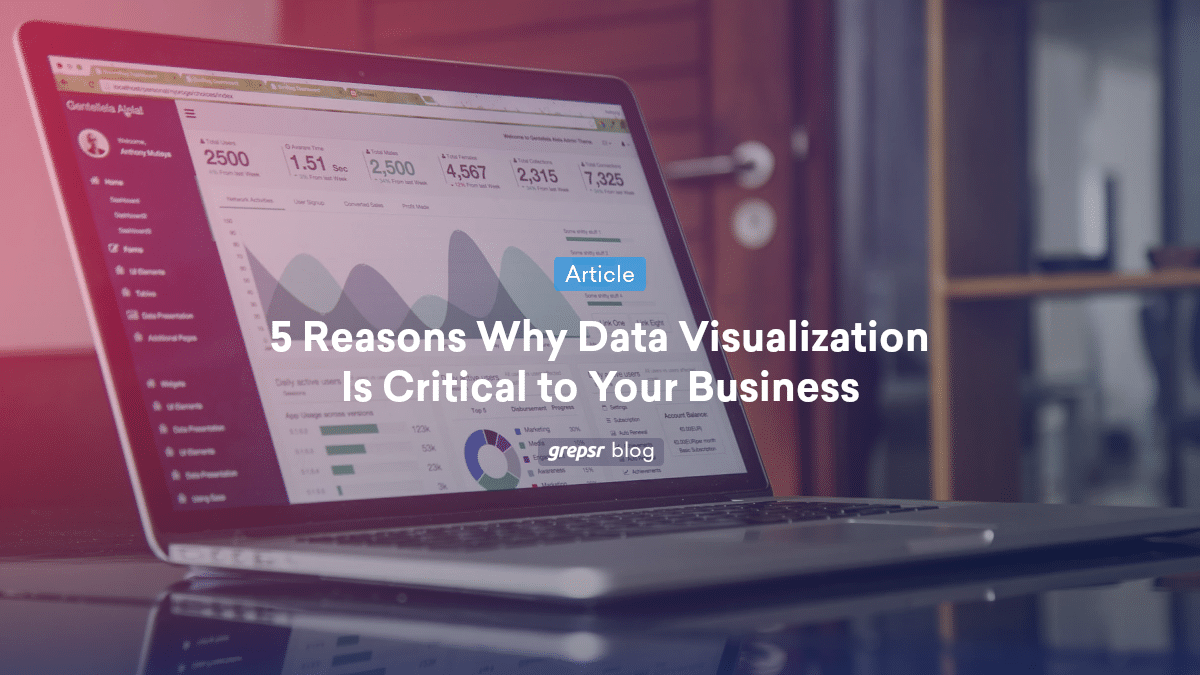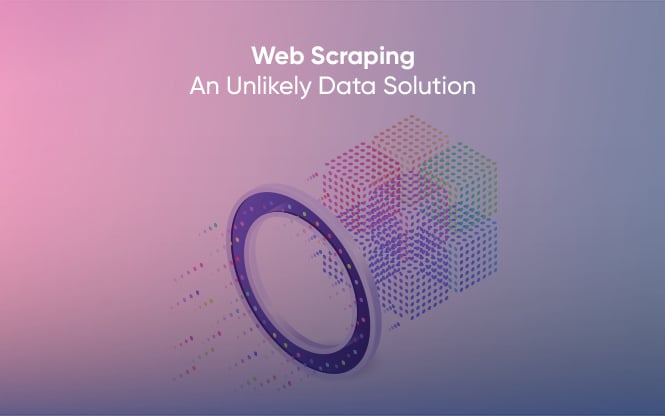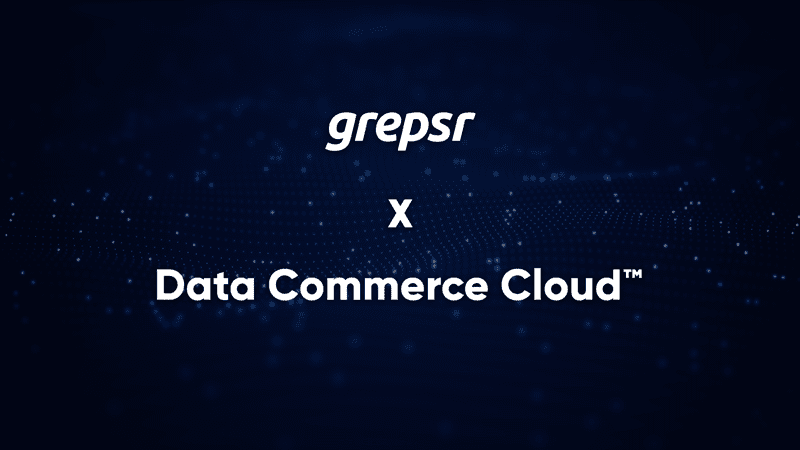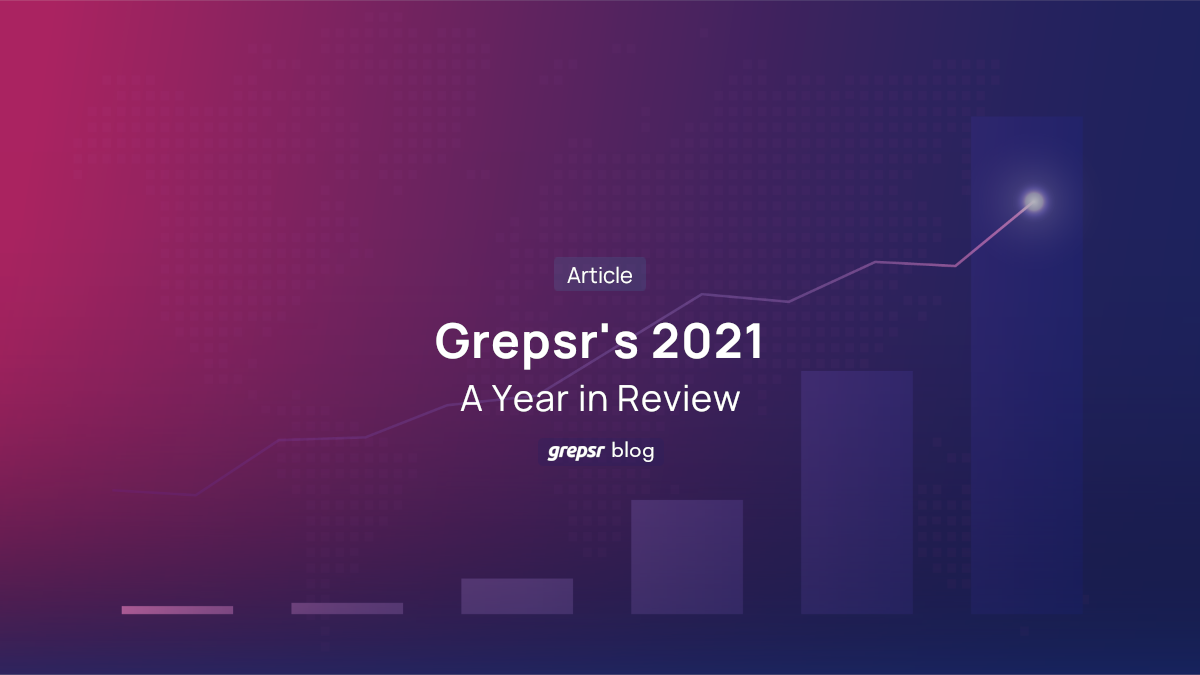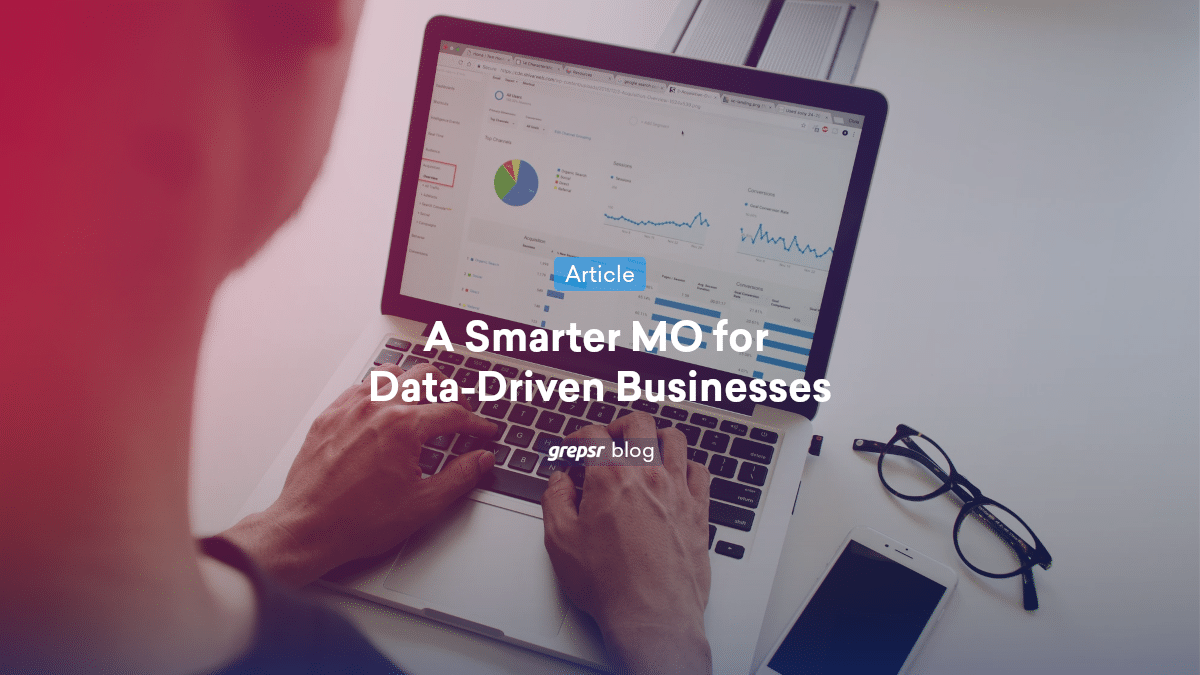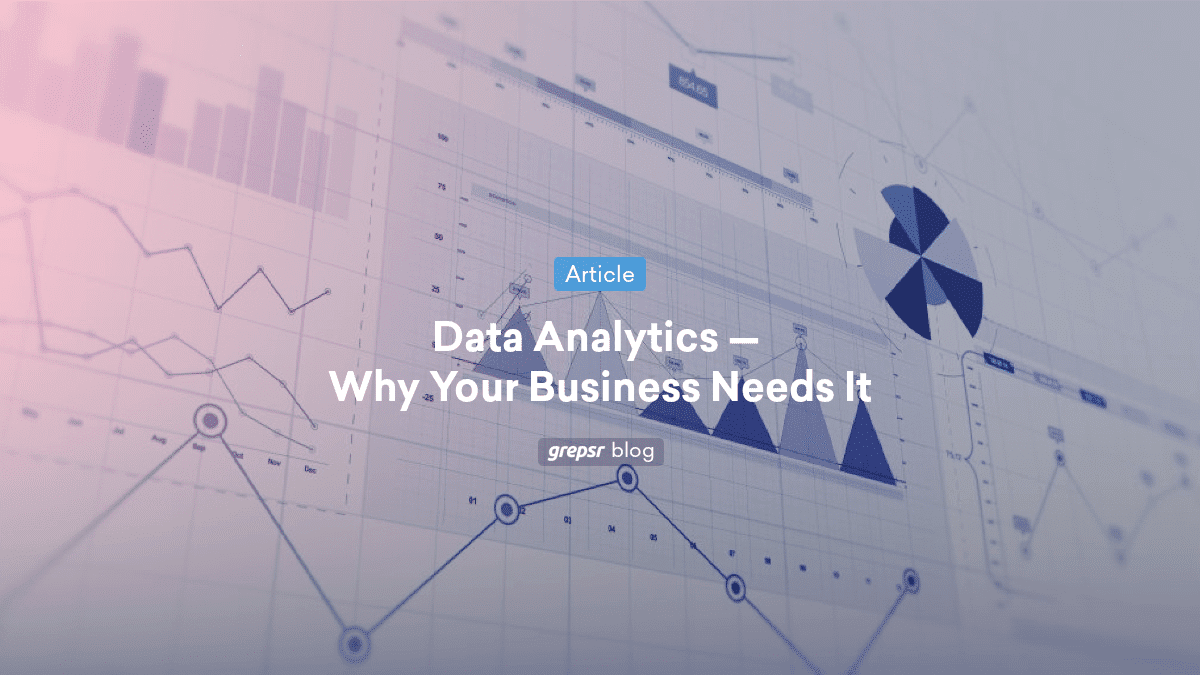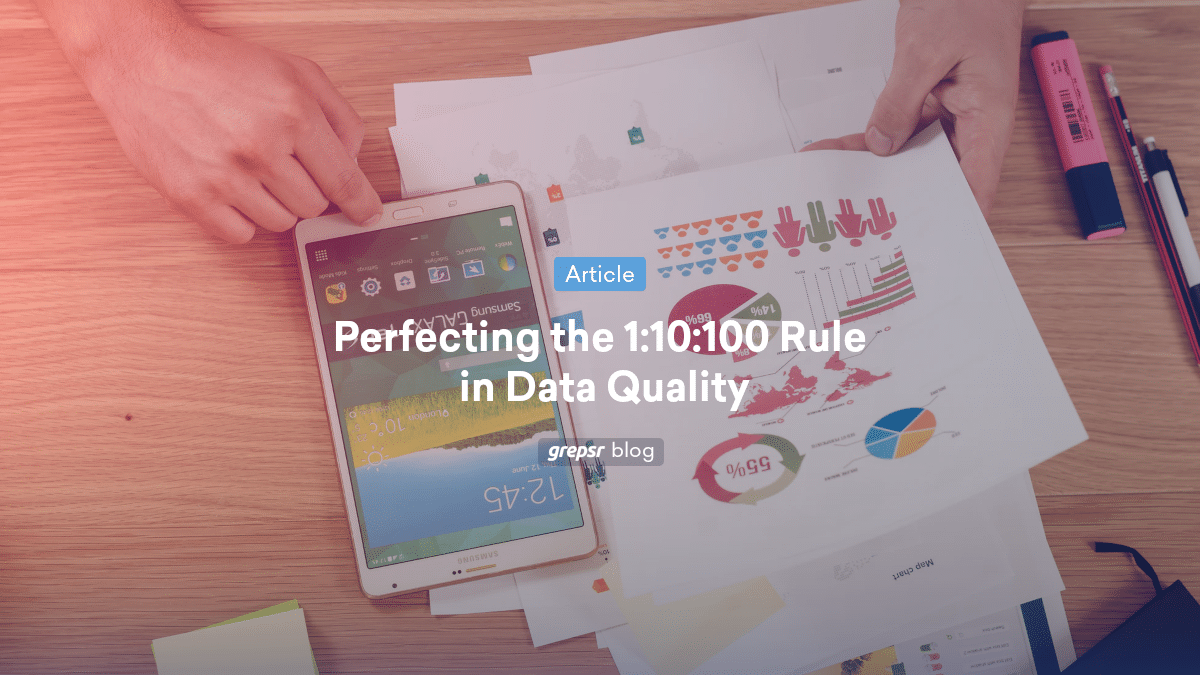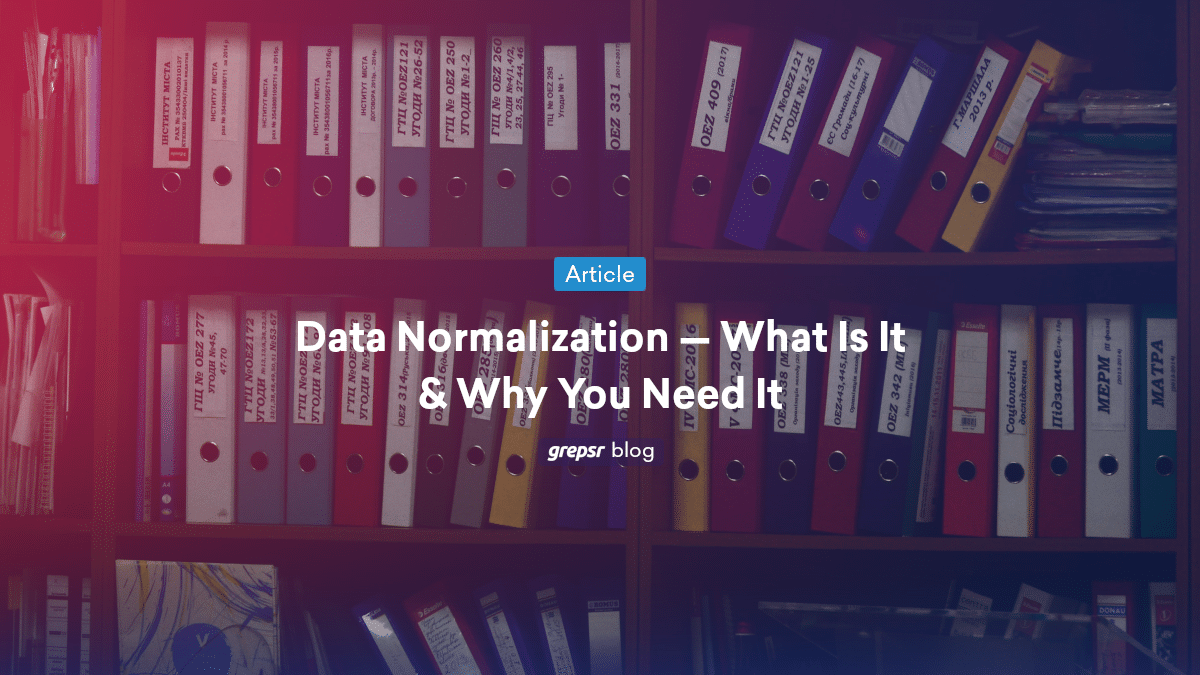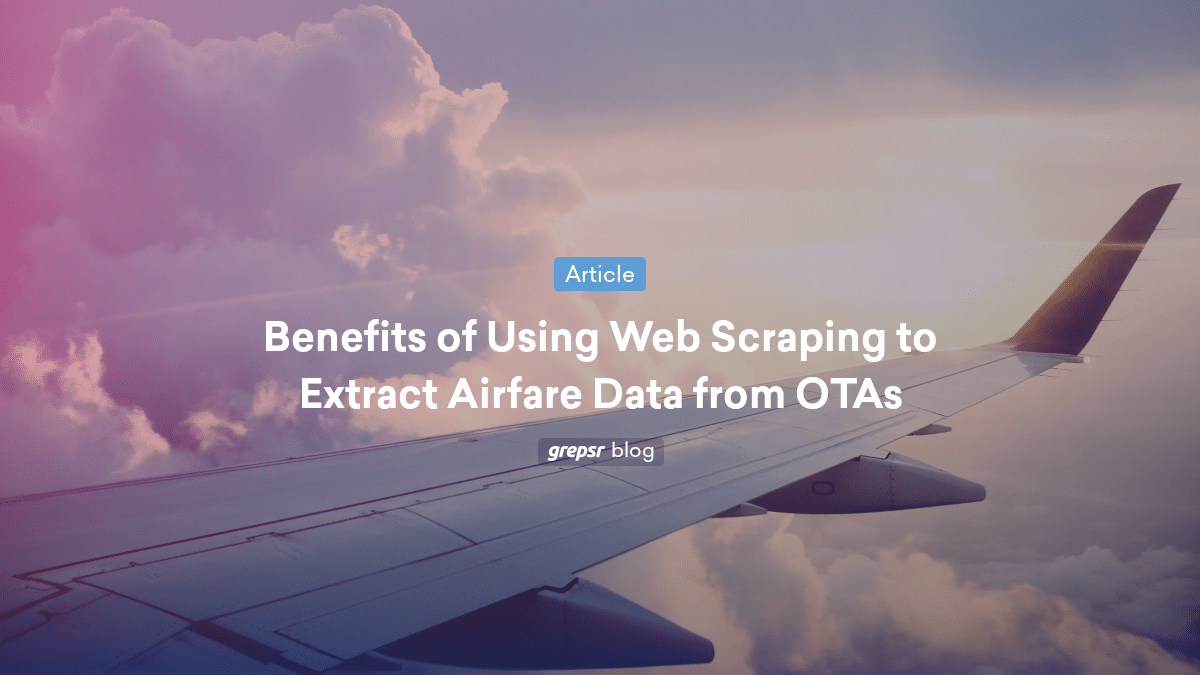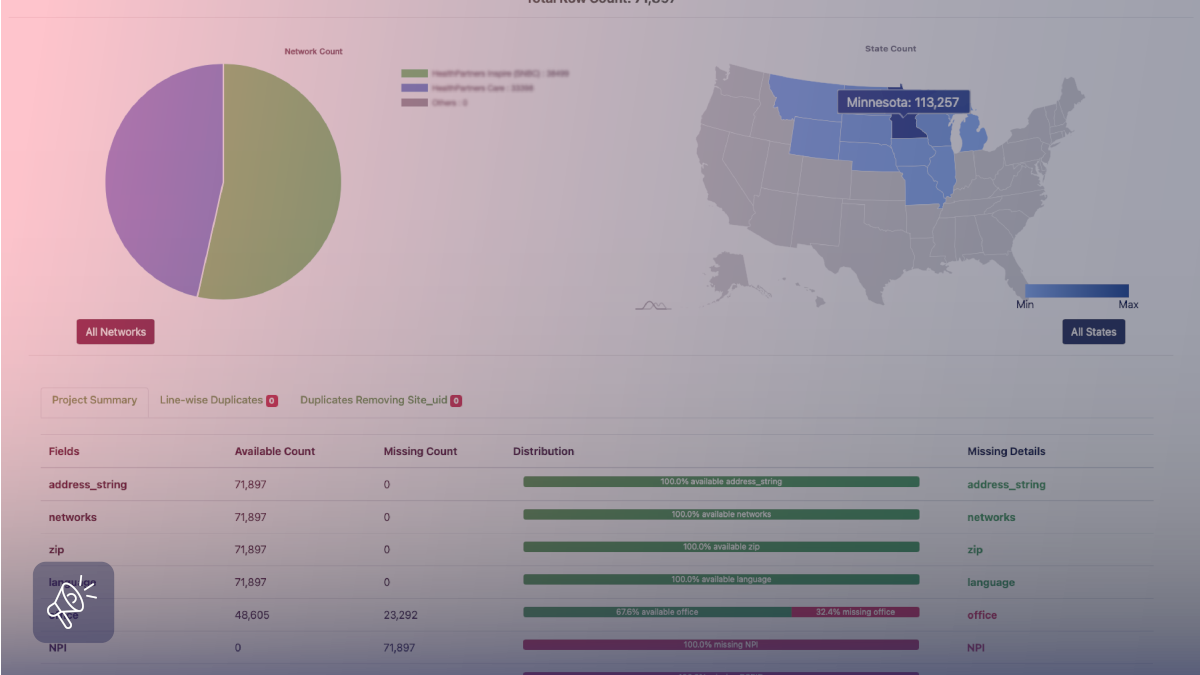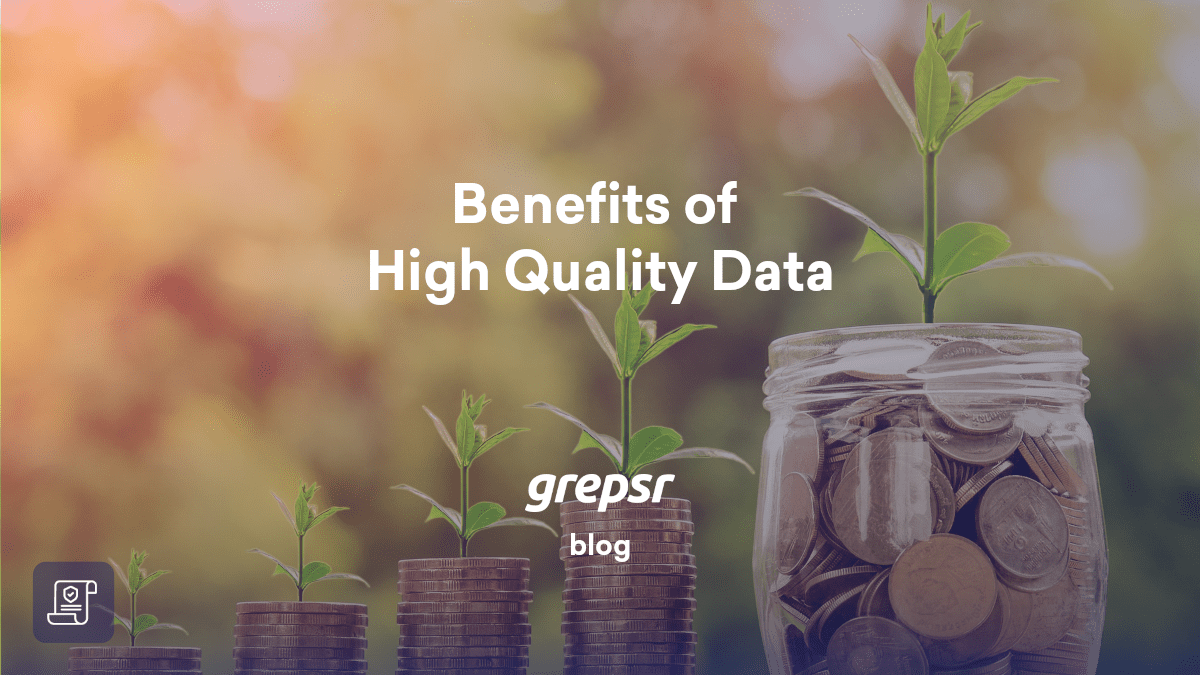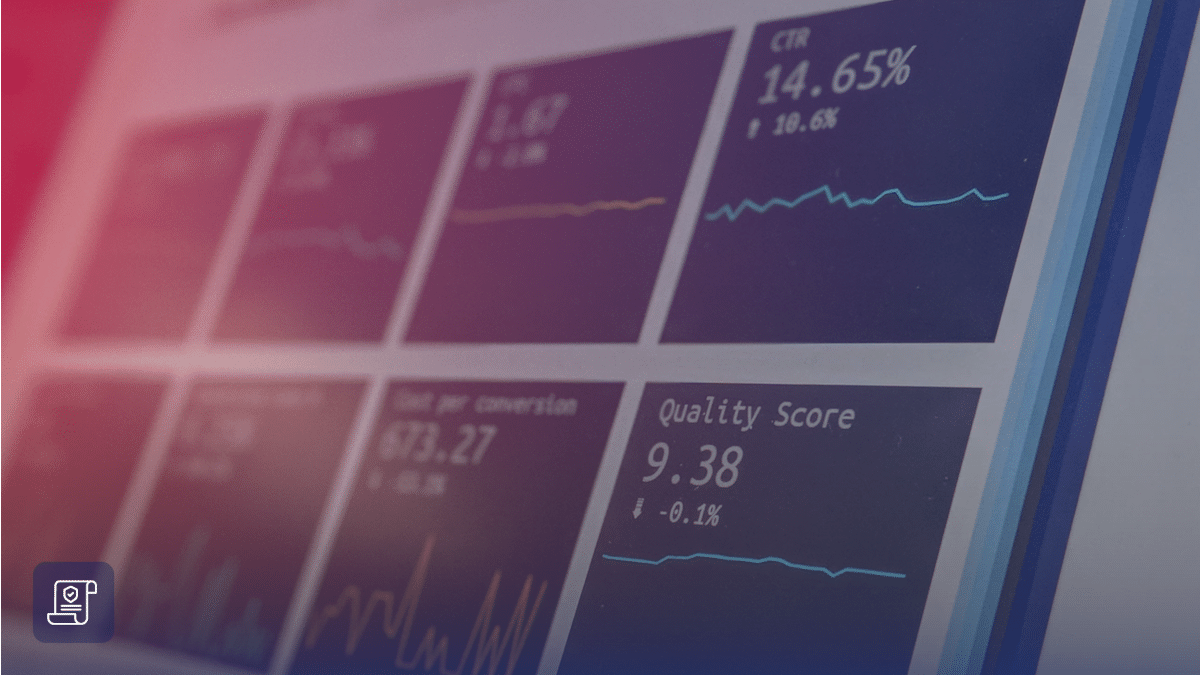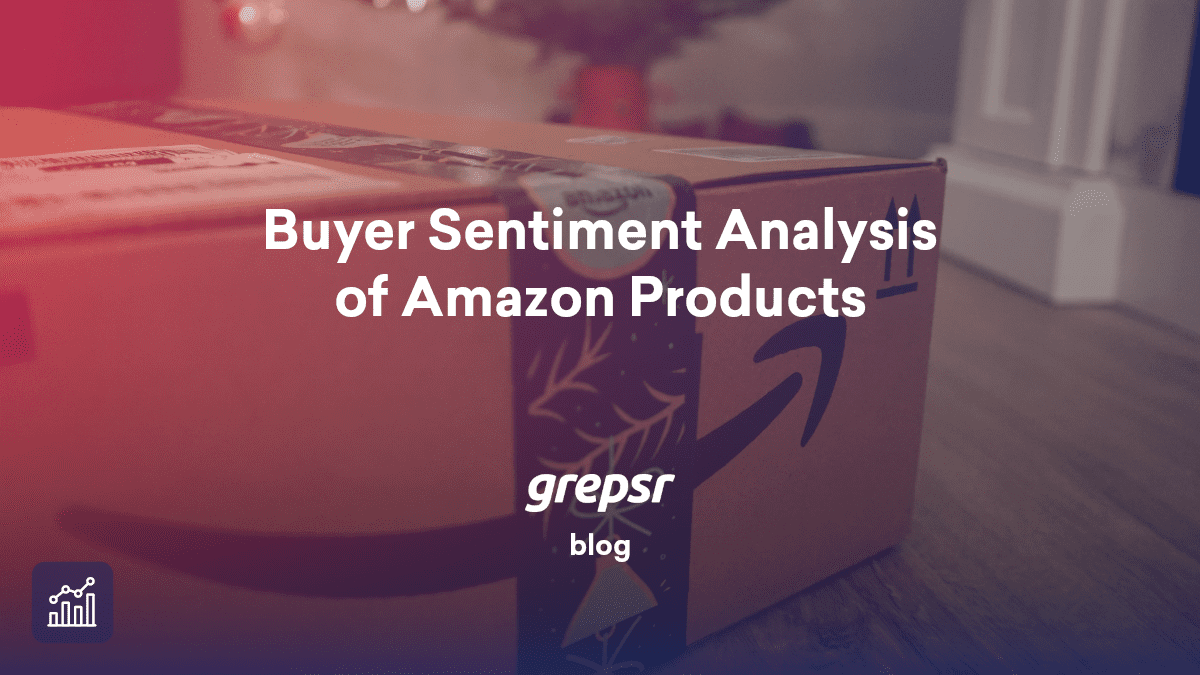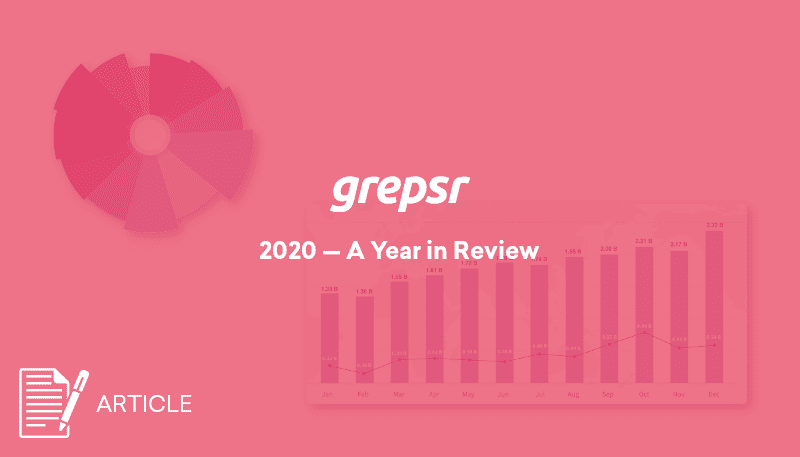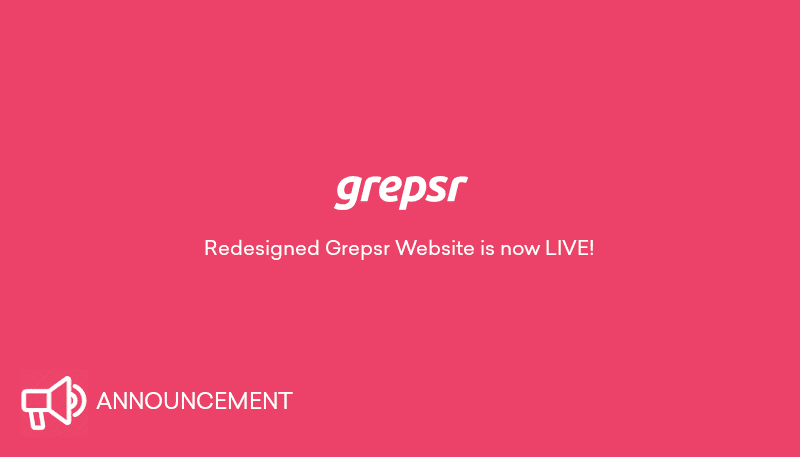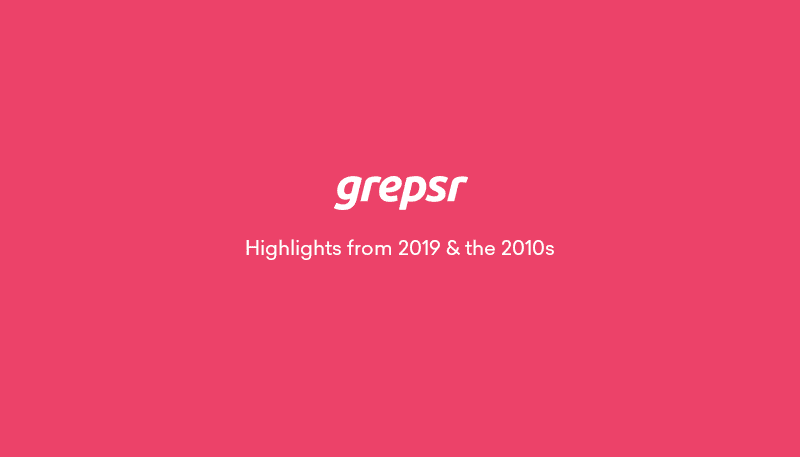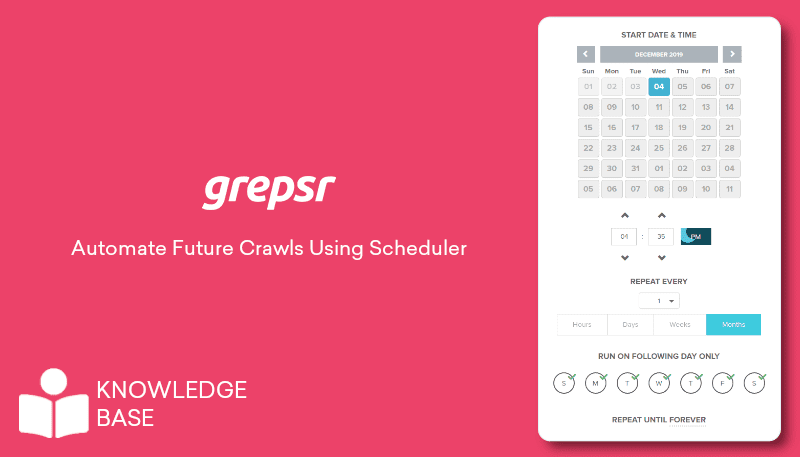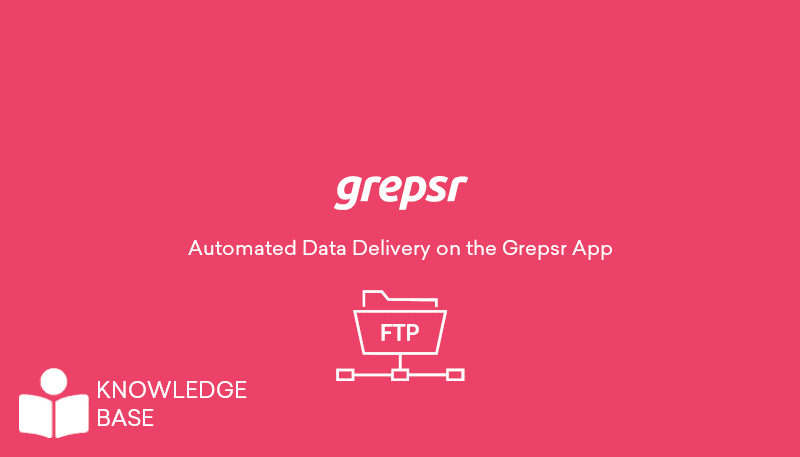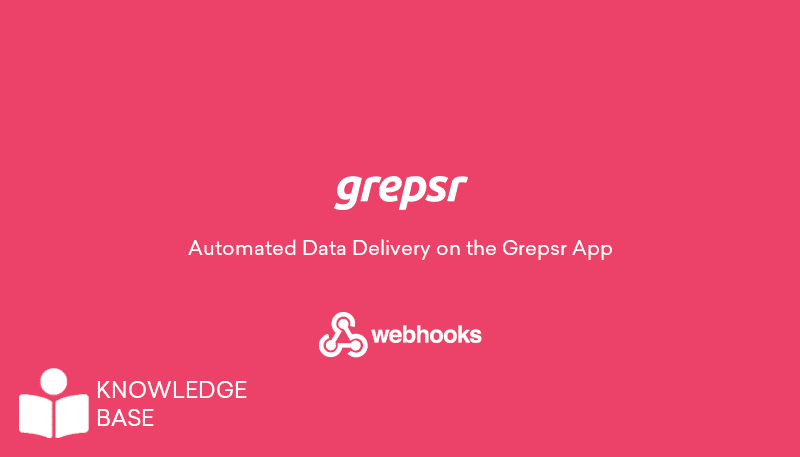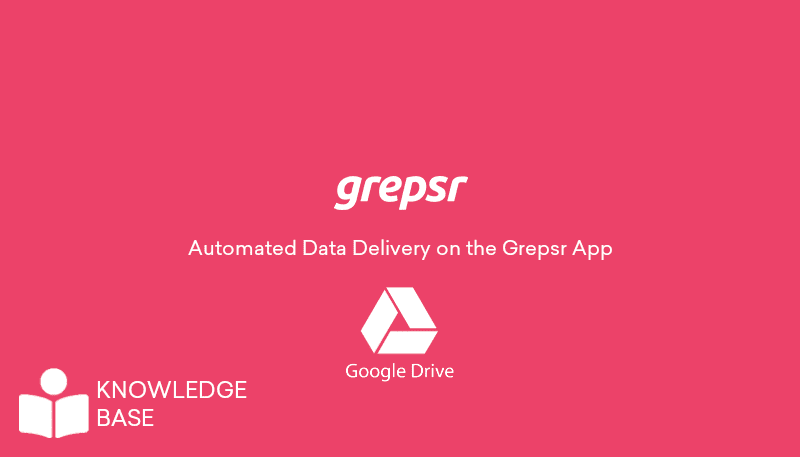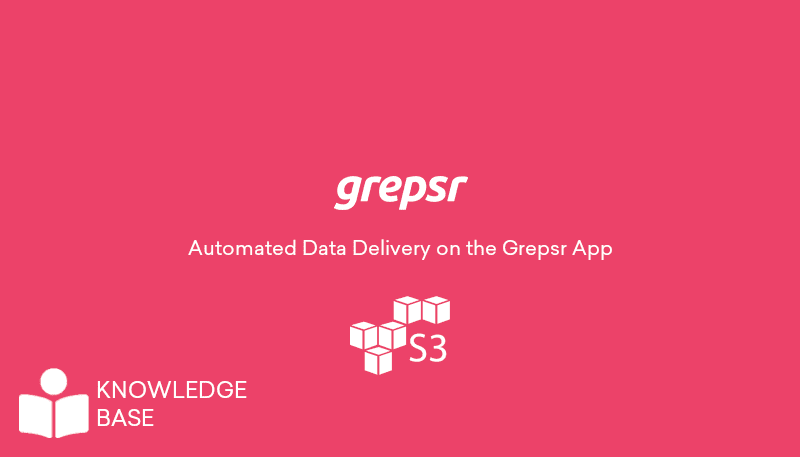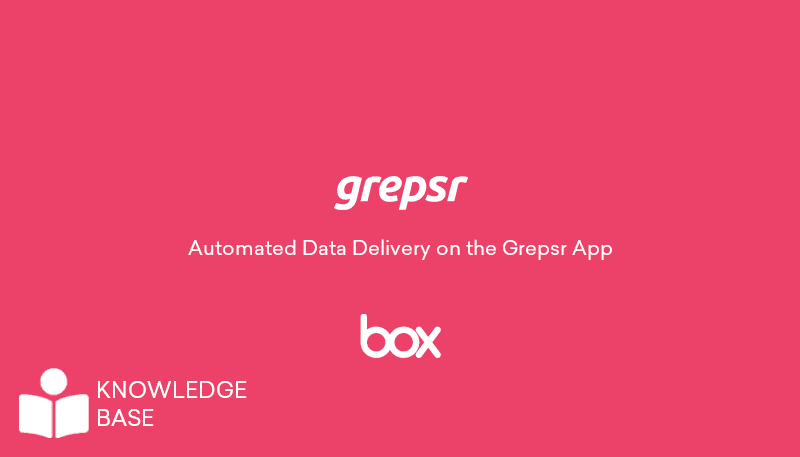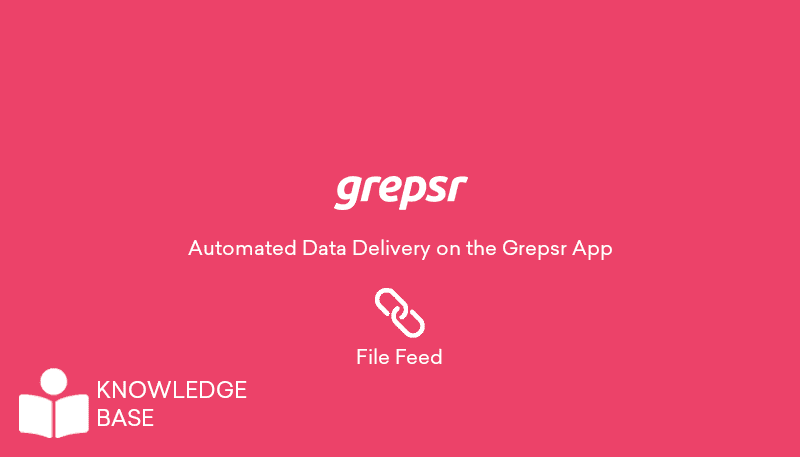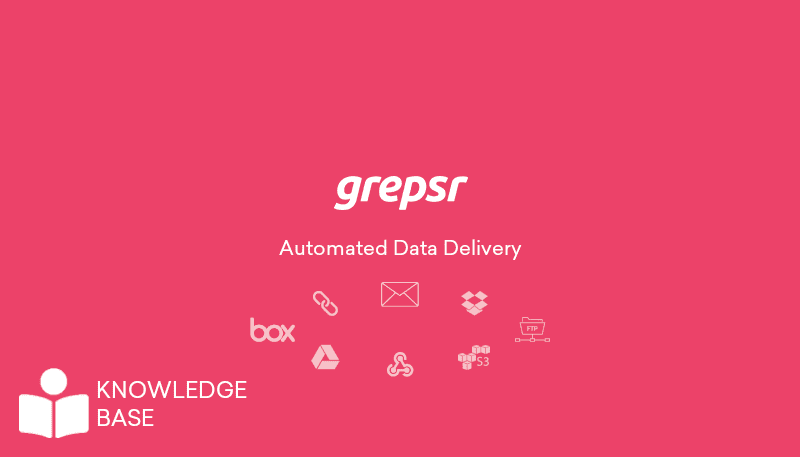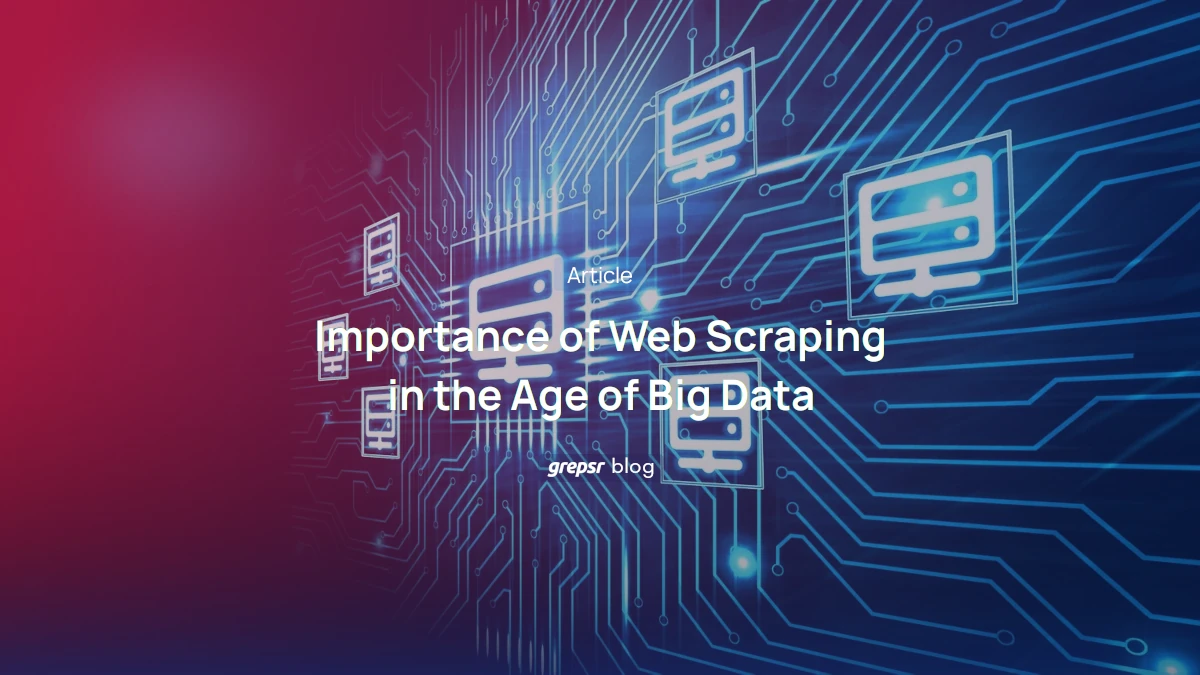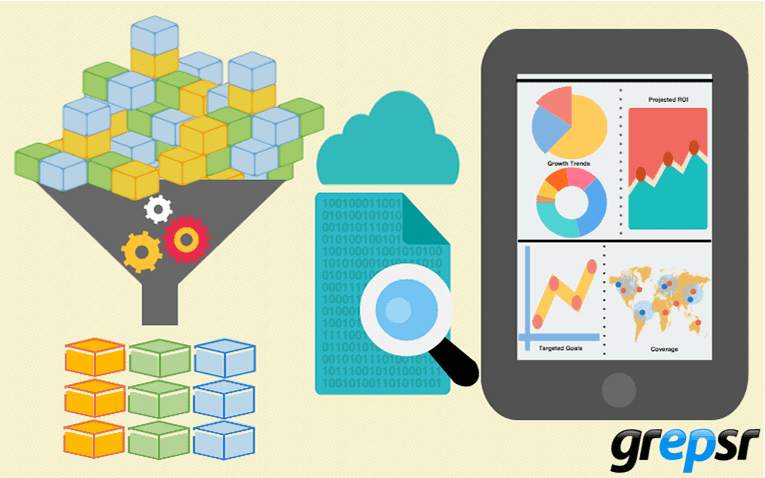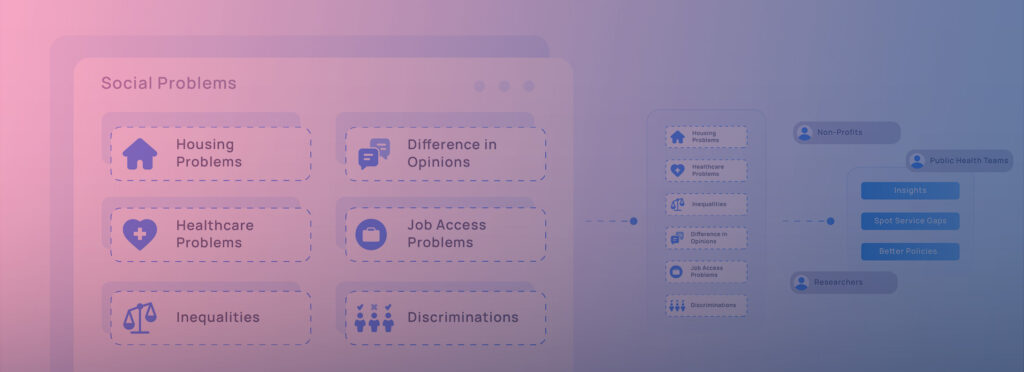
When most people hear “web scraping,” they think of dynamic pricing engines, SEO hacks, or someone trying to outsmart a paywall.
What they don’t picture is a social worker trying to figure out where housing support is most needed or a researcher mapping mental health stigma across Reddit threads.
So many social issues we care about—housing, healthcare, public opinion, job access—are mirrored in the digital world. The challenge isn’t that the data isn’t out there. It’s that it’s buried in thousands of websites, directories, forums, and reviews.
Web scraping gathers scattered information, organizes it, and makes it useful. Lately, more nonprofits, researchers, and public health teams have been using it to gain insights, spot service gaps, and make better policies.
Let’s see what makes web scraping for social work so powerful …
Why Scraping Is a Powerful Data Tool, Especially Now
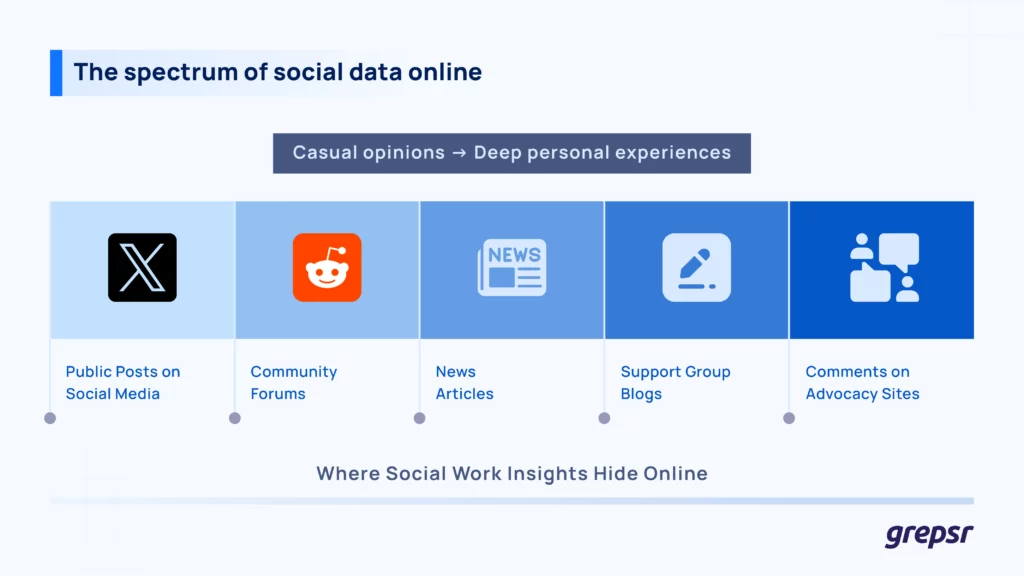
A lot of valuable data, especially in social work contexts, doesn’t come neatly packaged in databases or government dashboards. It lives in dashboards, social media threads, ads, news articles, discussion forums, and public records.
Scraping makes it possible to gather and turn this scattered information into usable information. That alone makes it powerful.
Scraping can help monitor local news and social posts, reveal rising concerns in communities, help track the availability of services like housing and healthcare, and even expose patterns of discrimination or inequality.
Moreover, the rise of AI is making scraping even more relevant. Modern AI models, specifically LLMs, analyze and make sense of massive, messy datasets at scale. This makes it possible to extract insights from scraped data that a human might miss, like spotting early warning signs of a mental health crisis in online communities or detecting shifts in public sentiment around policy changes.
Here are some of the ways it’s happening.
Web Scraping for Social Work Makes Outreach Smarter
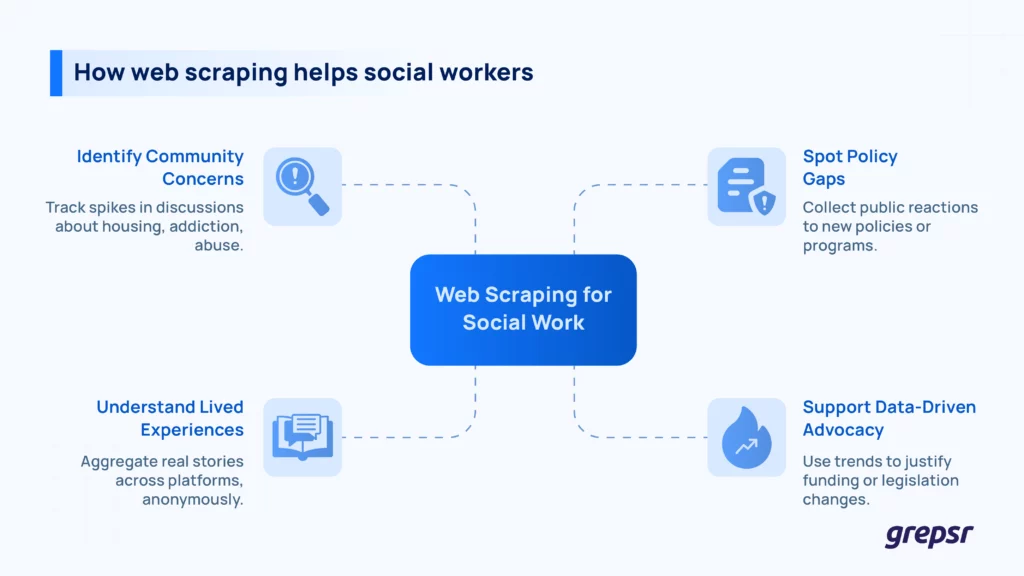
Scraping gives you current, real-world data instead of outdated reports or anecdotes, which leads to faster, more targeted interventions.
Take housing, for example. Social workers and housing advocates use scraping tools to collect data from rental websites, eviction notices, and local forums. With the right scripts, it is possible to track changes in rent prices, identify areas where evictions are spiking, or map regions where affordable housing is disappearing.
Recently, Cornell researchers studied web scraping for geographic data collection. The most notable benefit of scraping is “near-real-time access to object-level geolocated data, which can be captured in a cost-effective way.”
Technically, this involves a mix of traditional scraping methods (like parsing HTML with tools like BeautifulSoup or Scrapy) and more advanced techniques for handling dynamic content, like using headless browsers or APIs.
However, thanks to services like Grepsr, it’s now possible for any social worker to gather data at scale. Grepsr handles scraping for you, so you can focus on making decisions, not scratching your hand learning to code crawlers.
Once you collect the data, you run it through natural language processing tools to find patterns, like signs of rising financial stress in tenant comments or reviews.
Social media is another big area. Organizations can scrape Twitter, Reddit, and niche forums to monitor hate speech, online harassment, and harmful trends. This isn’t just for academic interest; real-time alerts help groups step in when specific communities are targeted.
The data also supports longer-term work: building education campaigns, improving digital safety tools, or lobbying platforms to improve their moderation systems.
It Supports Transparency and Better Decisions
Social workers are also using web scraping to improve how they track public life. Journalists and watchdog groups use tools like Fundus, a scraper built for clean news article extraction, to build datasets of how different outlets report on social issues. The purpose is to make it easier to spot bias, misinformation, or coverage gaps.
Another notable example is TelegramScrap, a tool for extracting data from Telegram channels. It’s being used to track political messaging, disinformation, and online organizing in real time, which is excellent news in places where official data is scarce or tightly controlled.
These tools give researchers and civic groups the power to understand what’s being said, where narratives are spreading, and how public sentiment moves.

Other Socially Beneficial Uses of Web Scraping
These cases feed into better policy-making and more effective social programs. When social workers and nonprofits base decisions on relevant data, they can focus their energy where it’s needed most. Scraping gives them that edge.
Here are some other ways it’s happening across the globe:
Mapping access to public services
Many service providers, like hospitals, clinics, mental health centers, and shelters, publish their information online, but it’s scattered across directories, local listings, and websites. Scraping these sources allows researchers and policymakers to build comprehensive maps of service availability.
For instance, scraping provider directories can identify underserved areas, whether a rural region lacking mental health services or an urban neighborhood with no nearby childcare centers. This kind of data has been used to highlight service deserts and advocate for more equitable resource distribution.
Review data from platforms like Google, Yelp, or Zocdoc can also be analyzed to understand patient satisfaction and care quality. Studies like Hu et al. (2021) and Chandrasekaran et al. (2023) used scraped online reviews to analyze urgent care centers and telemedicine visits to reveal public perceptions around healthcare delivery. That’s valuable feedback for both providers and policymakers looking to improve service delivery and client outcomes.
Understanding public sentiment
Scraping user-generated content from forums, blogs, and social media has also opened new doors in public opinion research. A study from ScienceDirect scraped online grief and palliative care forums to explore how people discuss dying in the digital age.
Researchers are also digging into sites like Reddit to examine how people talk about the opioid crisis and find stigmas and concerns that might not show up in traditional surveys.
This kind of sentiment analysis, especially when powered by NLP tools, gives social workers a better sense of how people experience issues like mental health, substance use, or grief.
Workforce trends and employment barriers
Scraping has also proven helpful in understanding the labor market, especially for public health, education, and social services roles. It’s common to scrape job boards and company sites to track in-demand skills, emerging job titles, and geographic hiring patterns.
Work by Krasna et al. (2021, 2024) has shown how job postings reflect shifts in employer demand before and after major events like COVID-19. In the public health sector, these shifts have big implications for workforce planning, hiring equity, and graduate training.
Scraping also surfaces hidden employment barriers, like job descriptions that list unrealistic qualifications or unpaid roles marketed as internships. This pushes fairer labor practices in the nonprofit and care sectors.
Scraping is also used in areas like labor rights and healthcare access. Advocacy groups monitor job boards for exploitative listings, track wage trends, or scan pharmacy sites and forums for signs of medication shortages. Even school district websites are being scraped to find disparities in mental health support or disciplinary policies across communities.
Web Scraping is Now a Serious Tool for Social Change
Scraping is quietly powering smarter, more responsive social work. It’s no longer just meant for massive corporations and big businesses.
That said, scraping has its share of issues, not to mention the time and effort needed to collect and clean data at scale.
There’s a solution…Grepsr. Instead of spending hours writing and debugging your scrapers, Grepsr delivers clean, structured data to your inbox in the format you need. Grepsr helps you skip the grunt work, whether you’re working with social media, public directories, or forums.
Scraping could power your next research project or social program.








